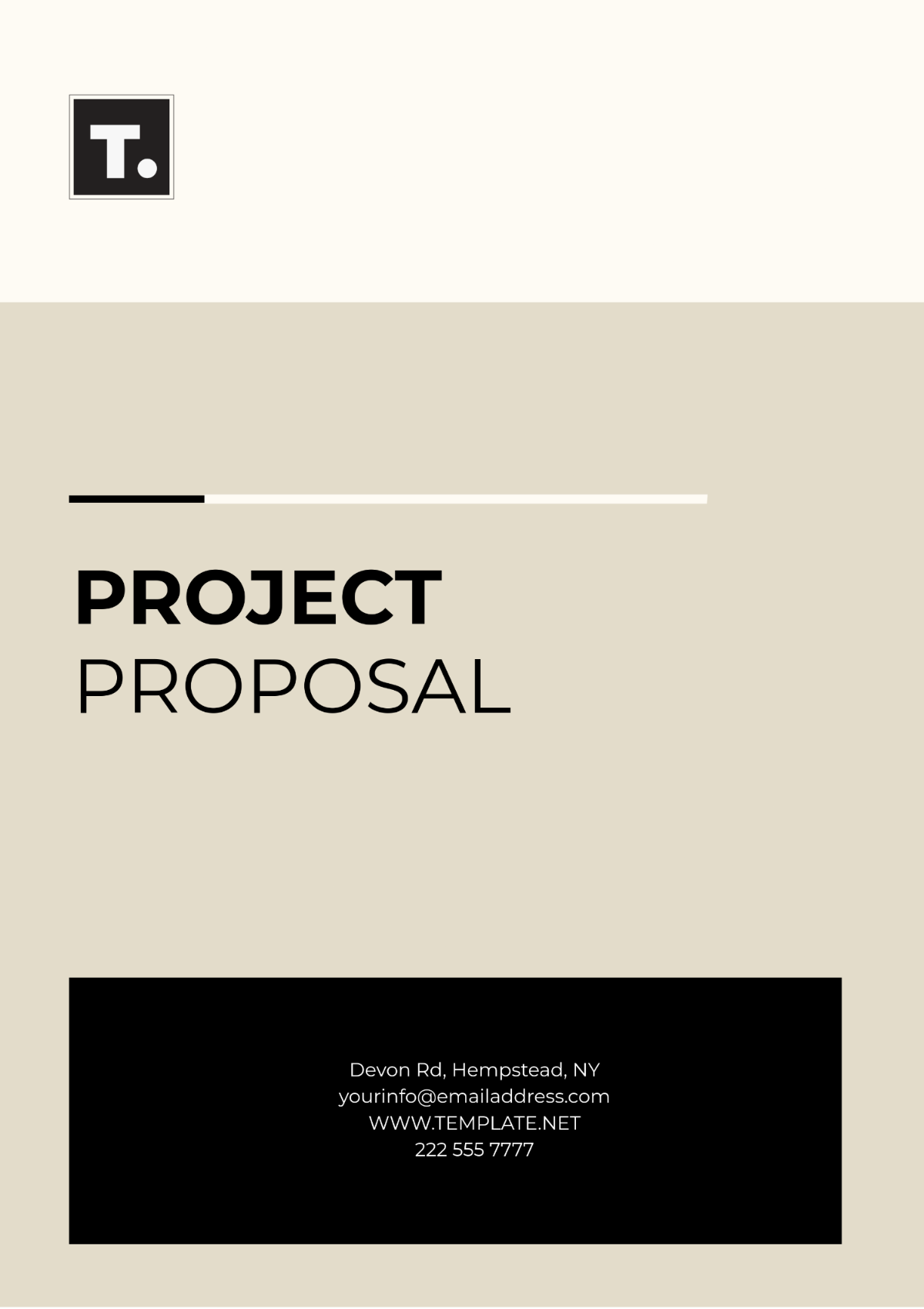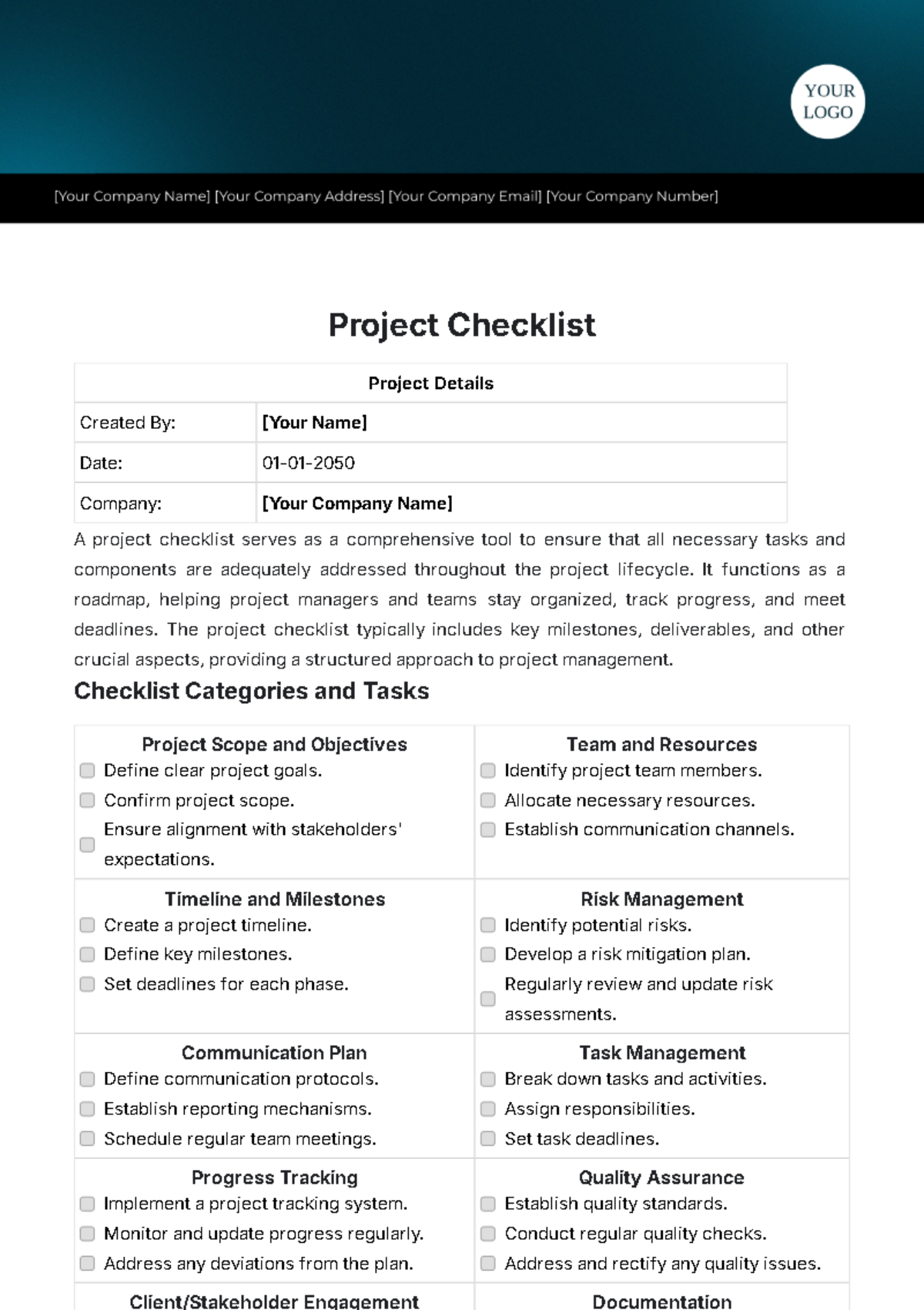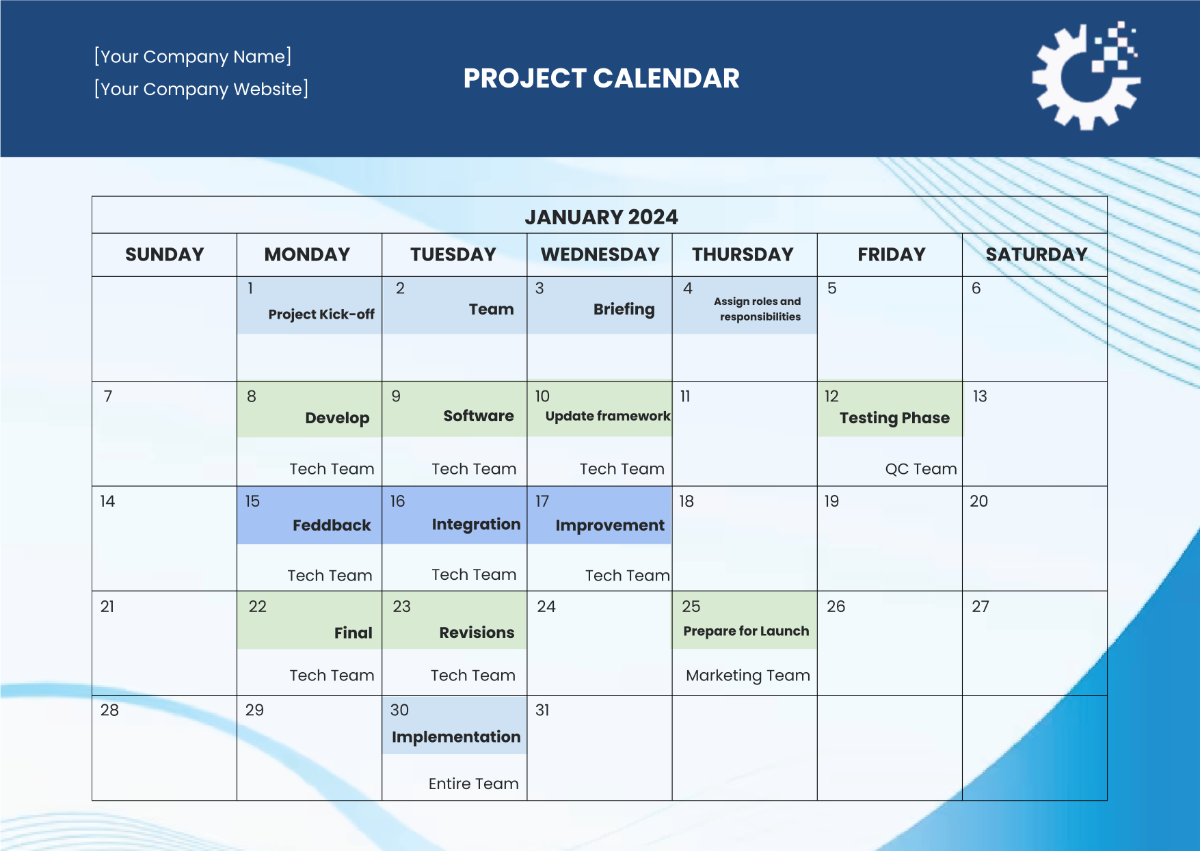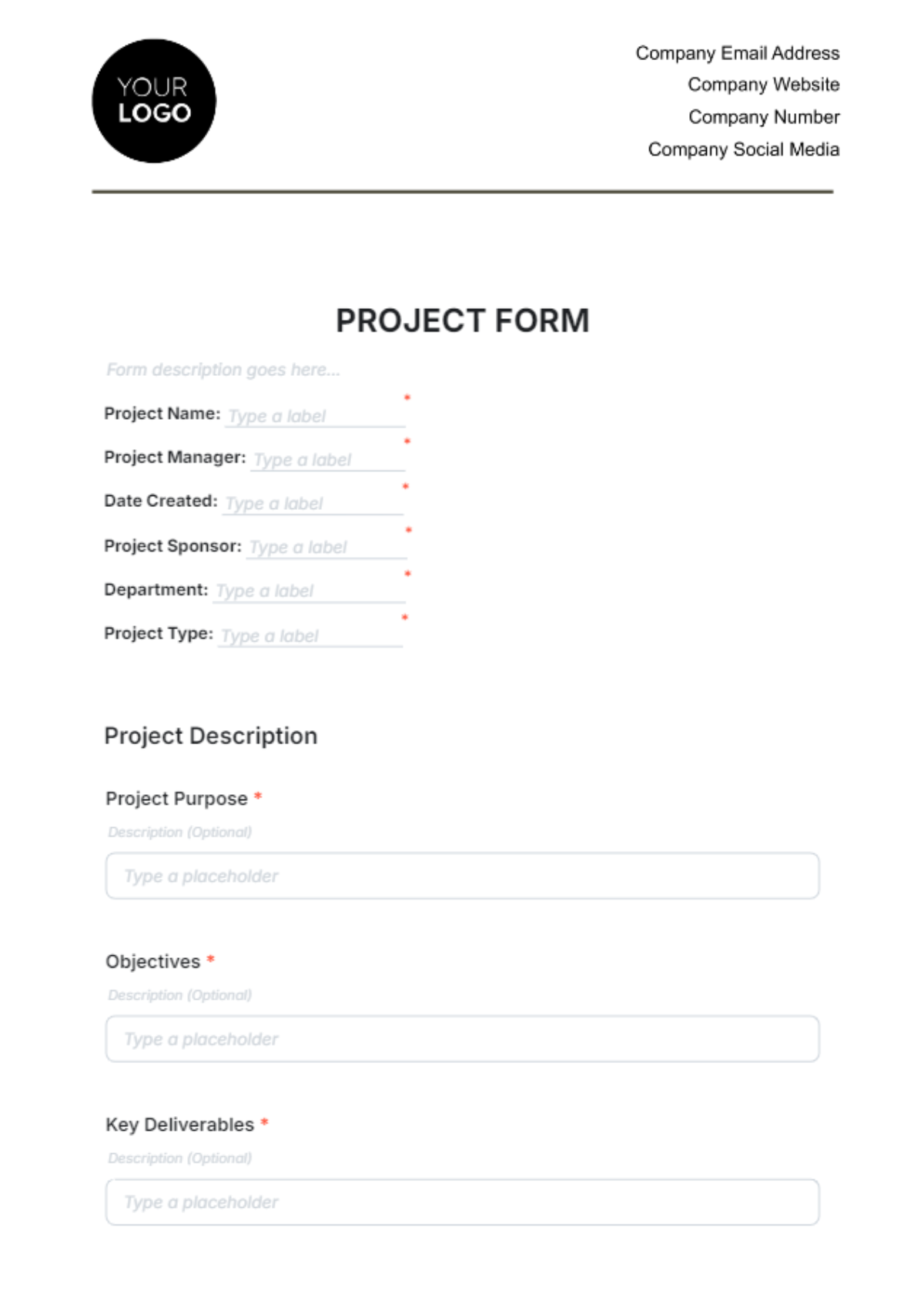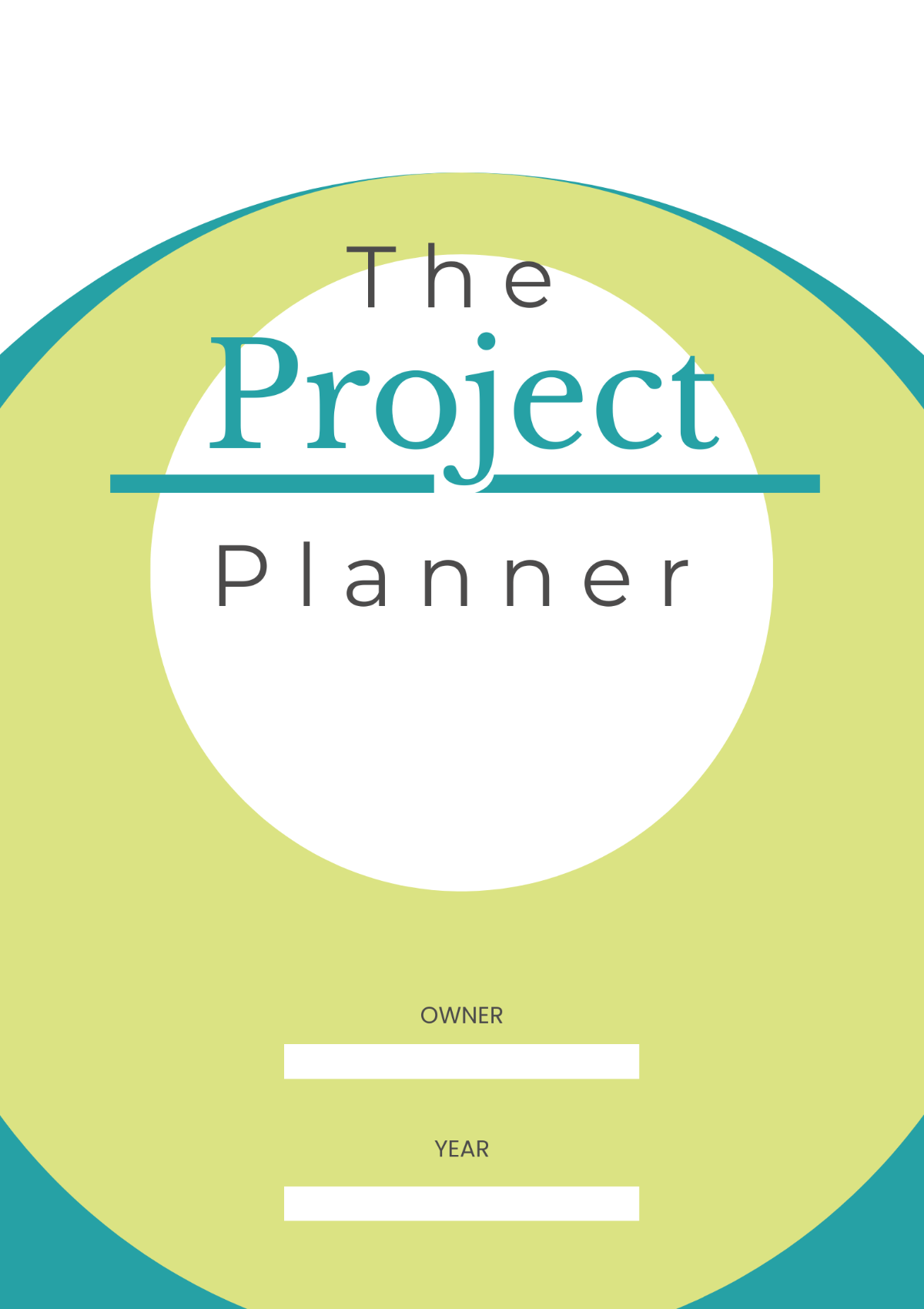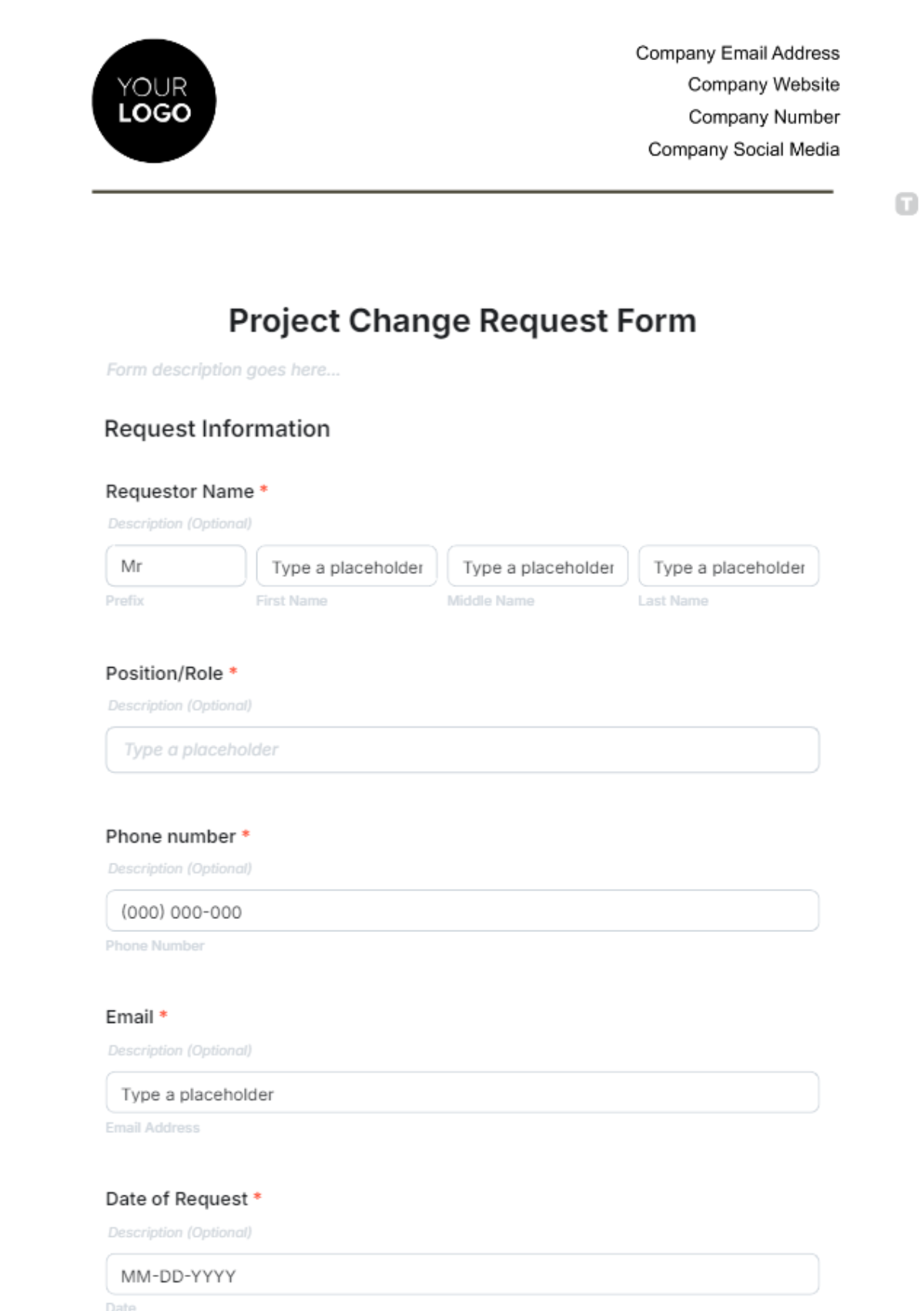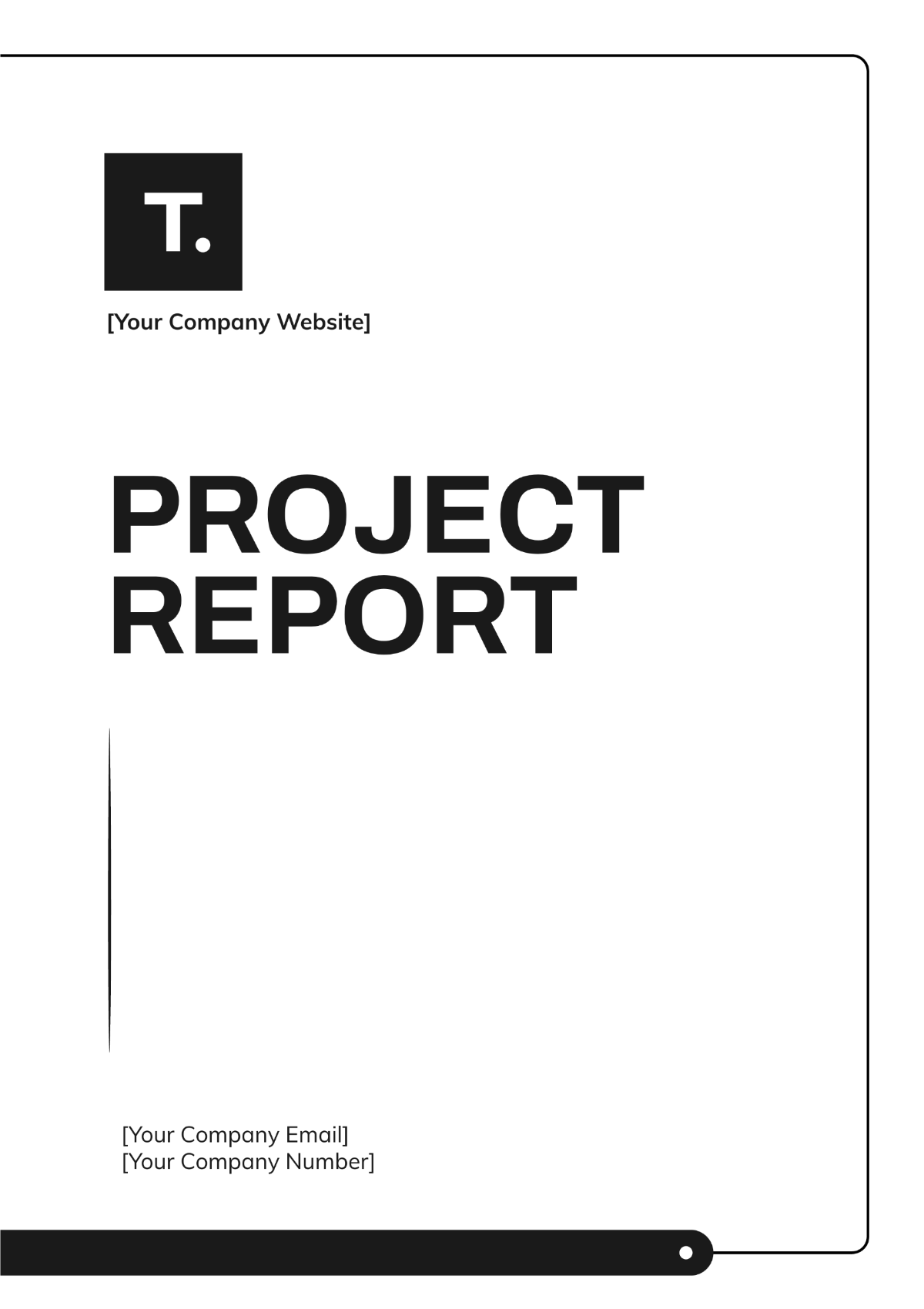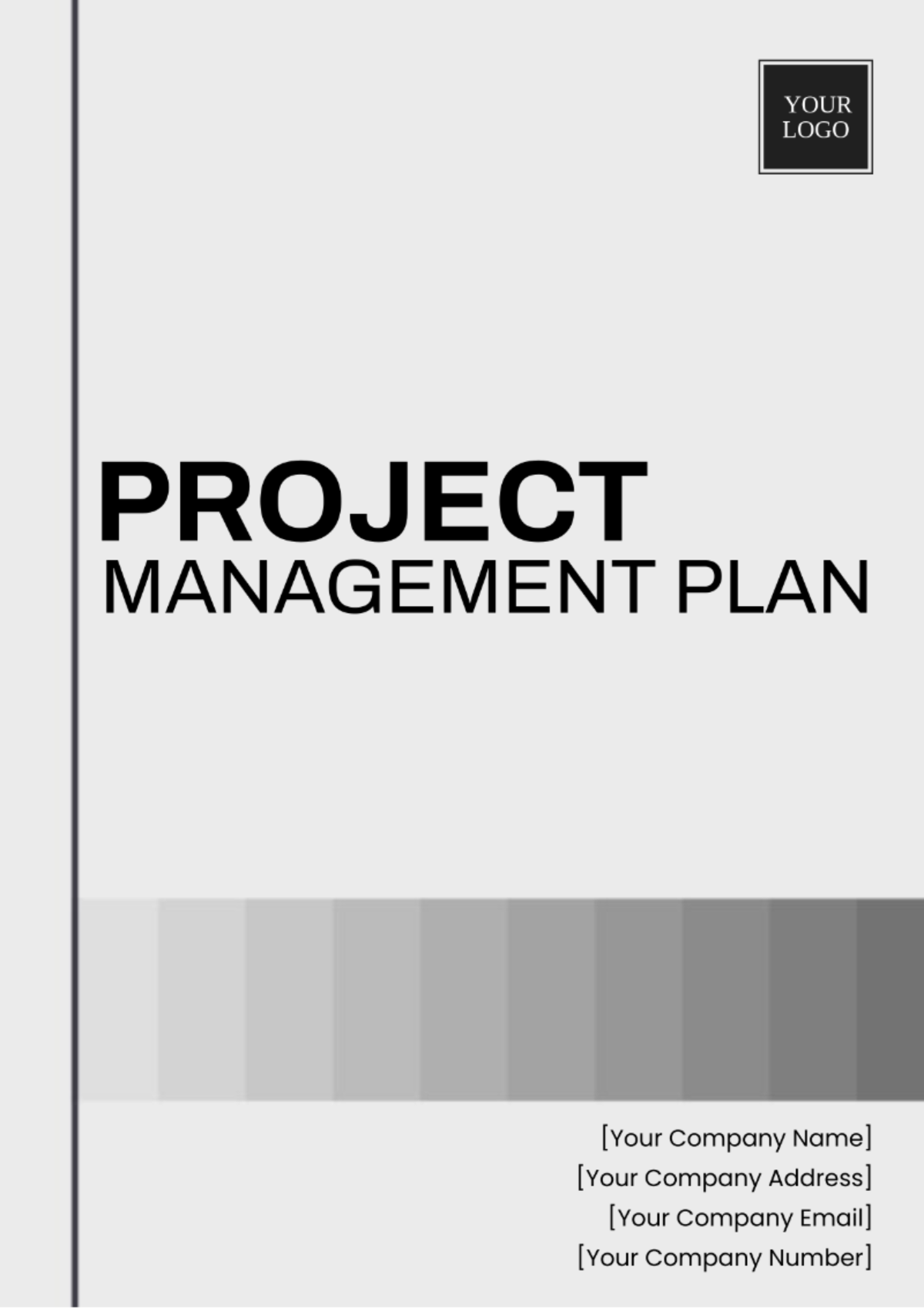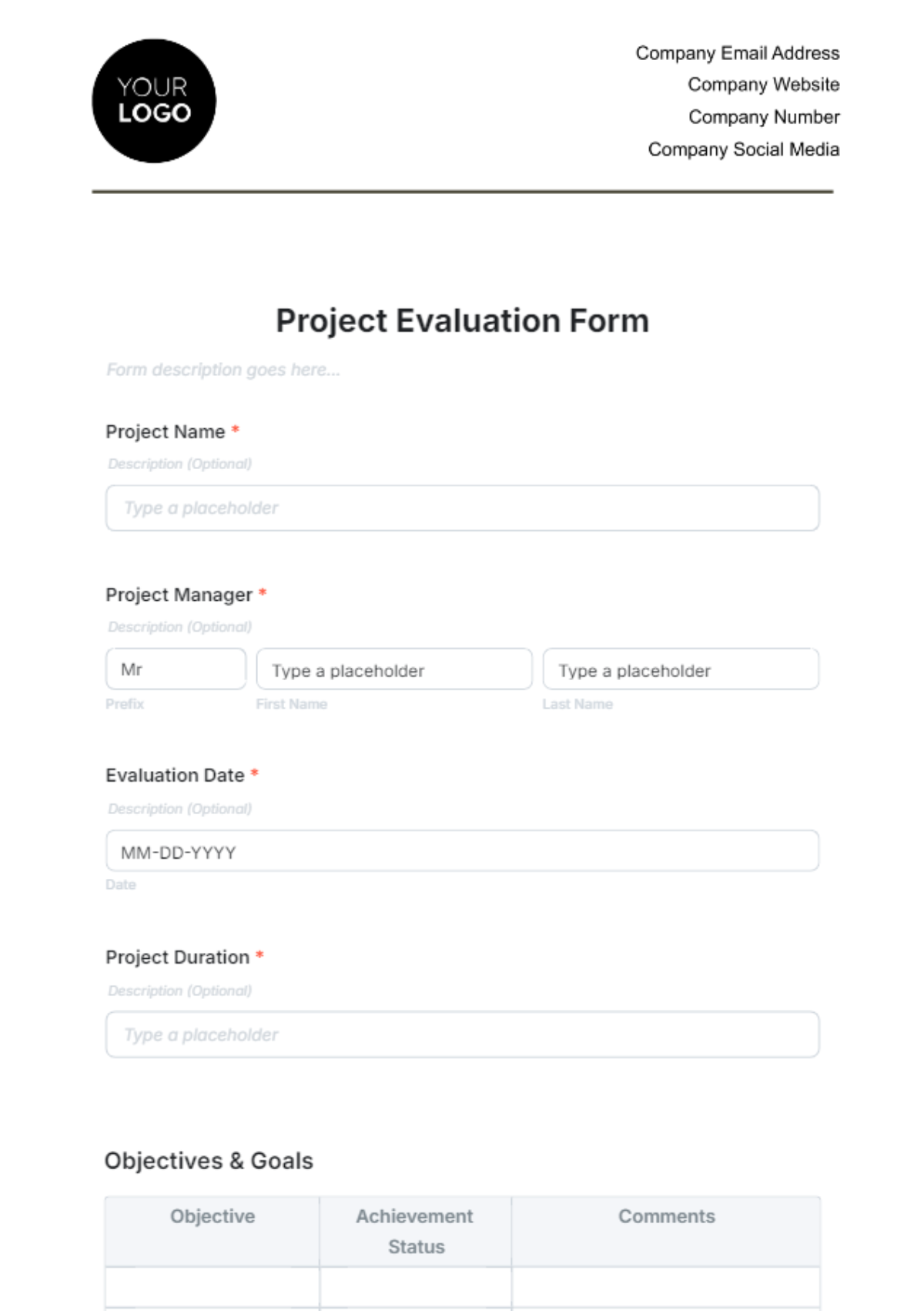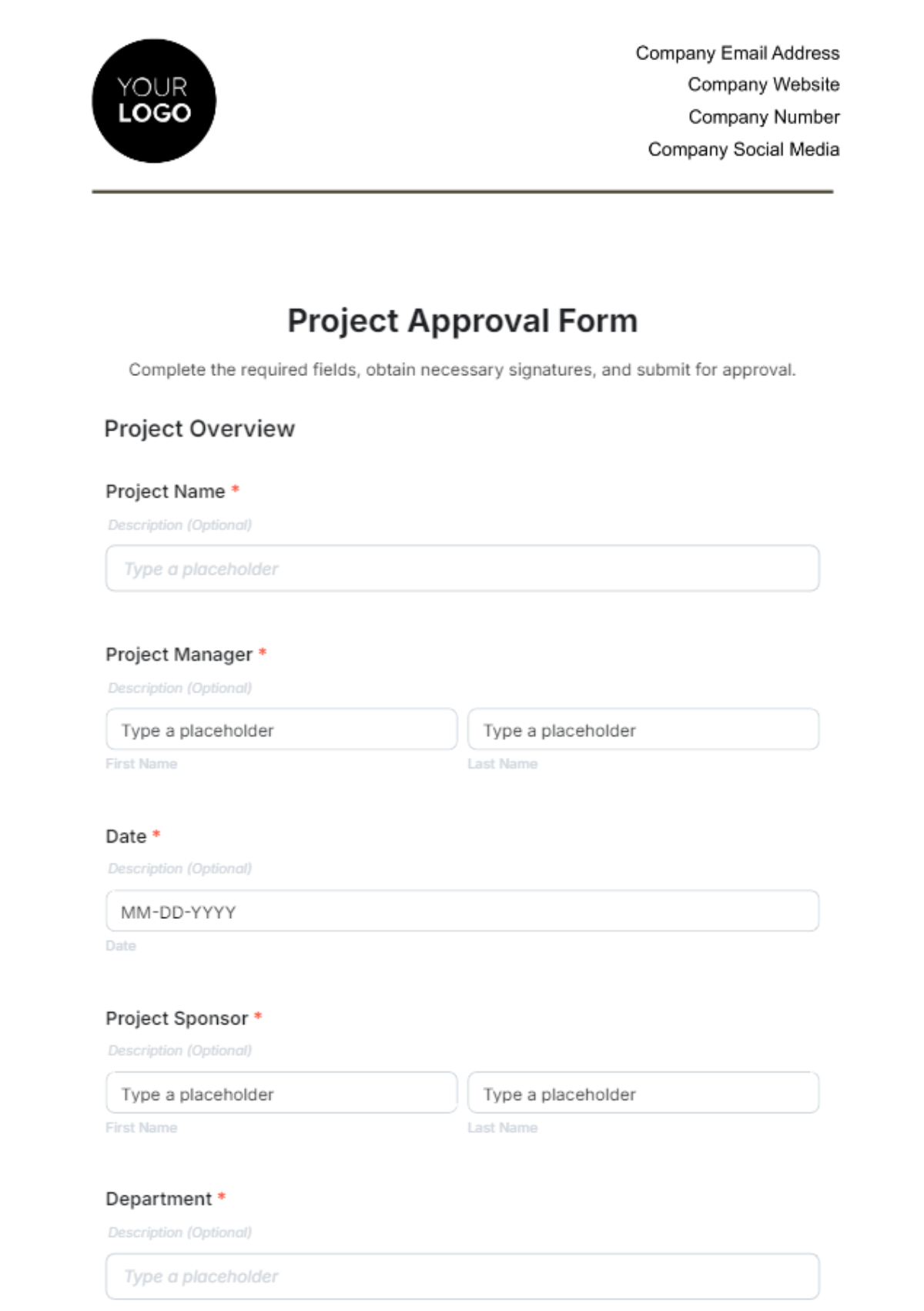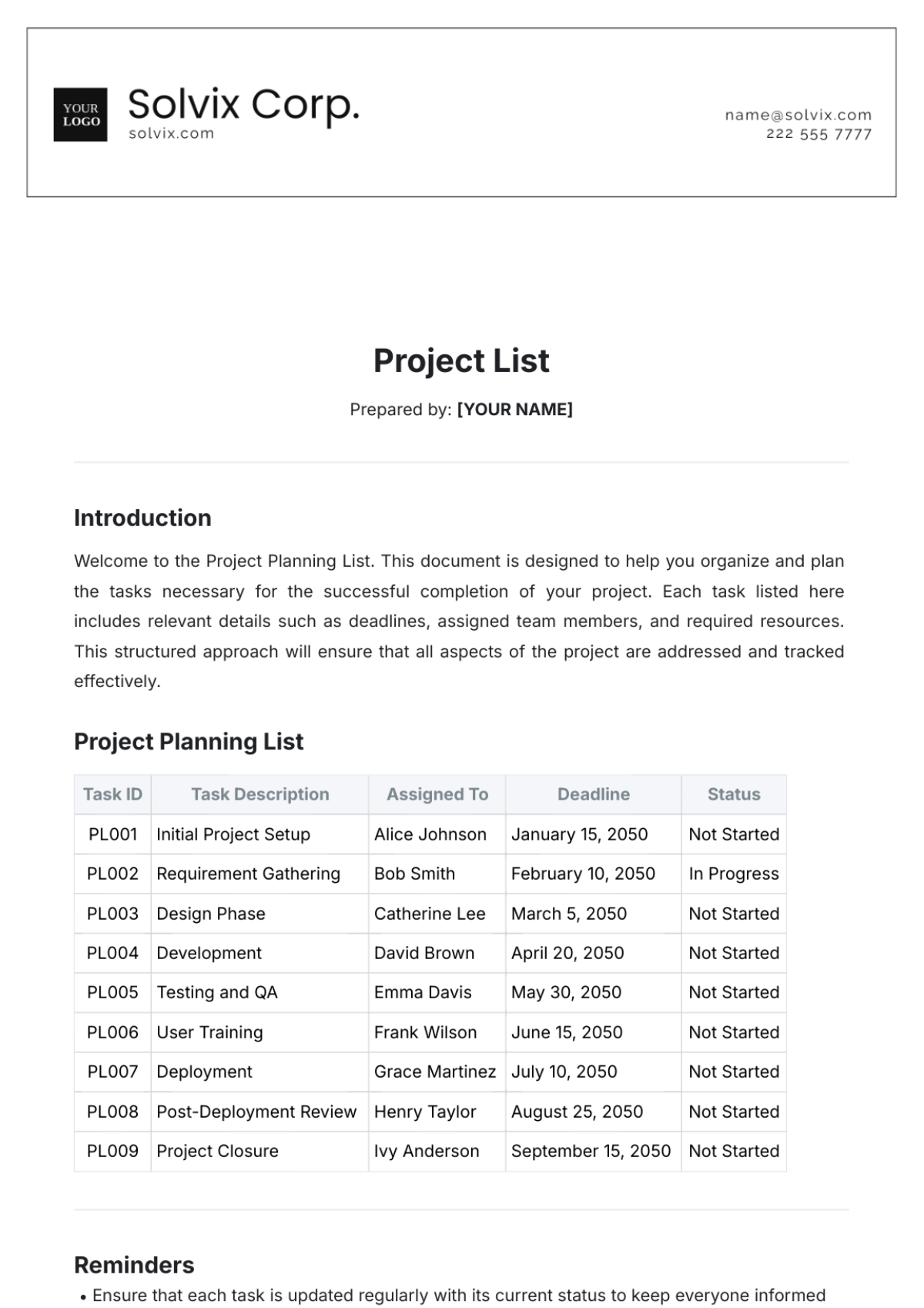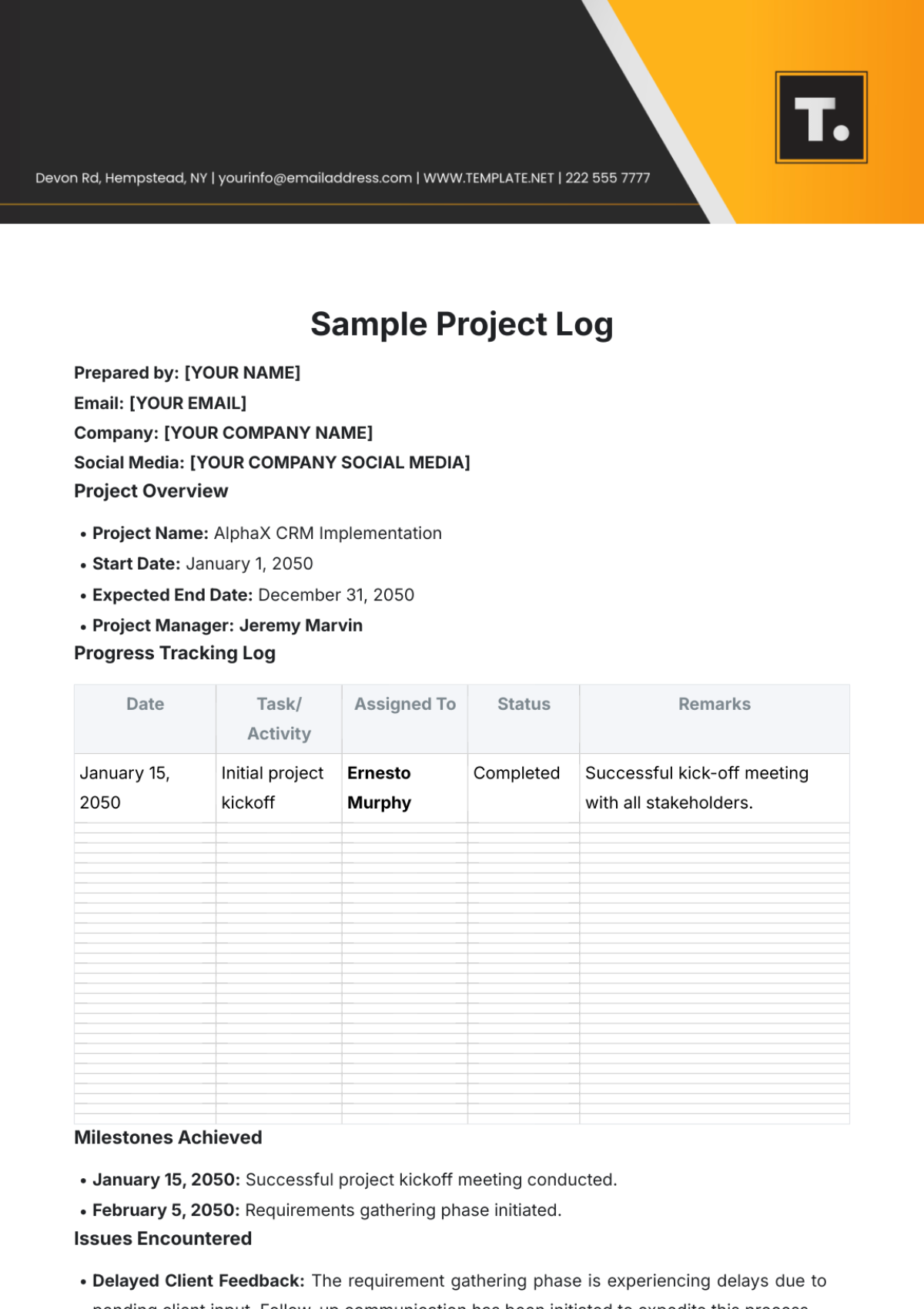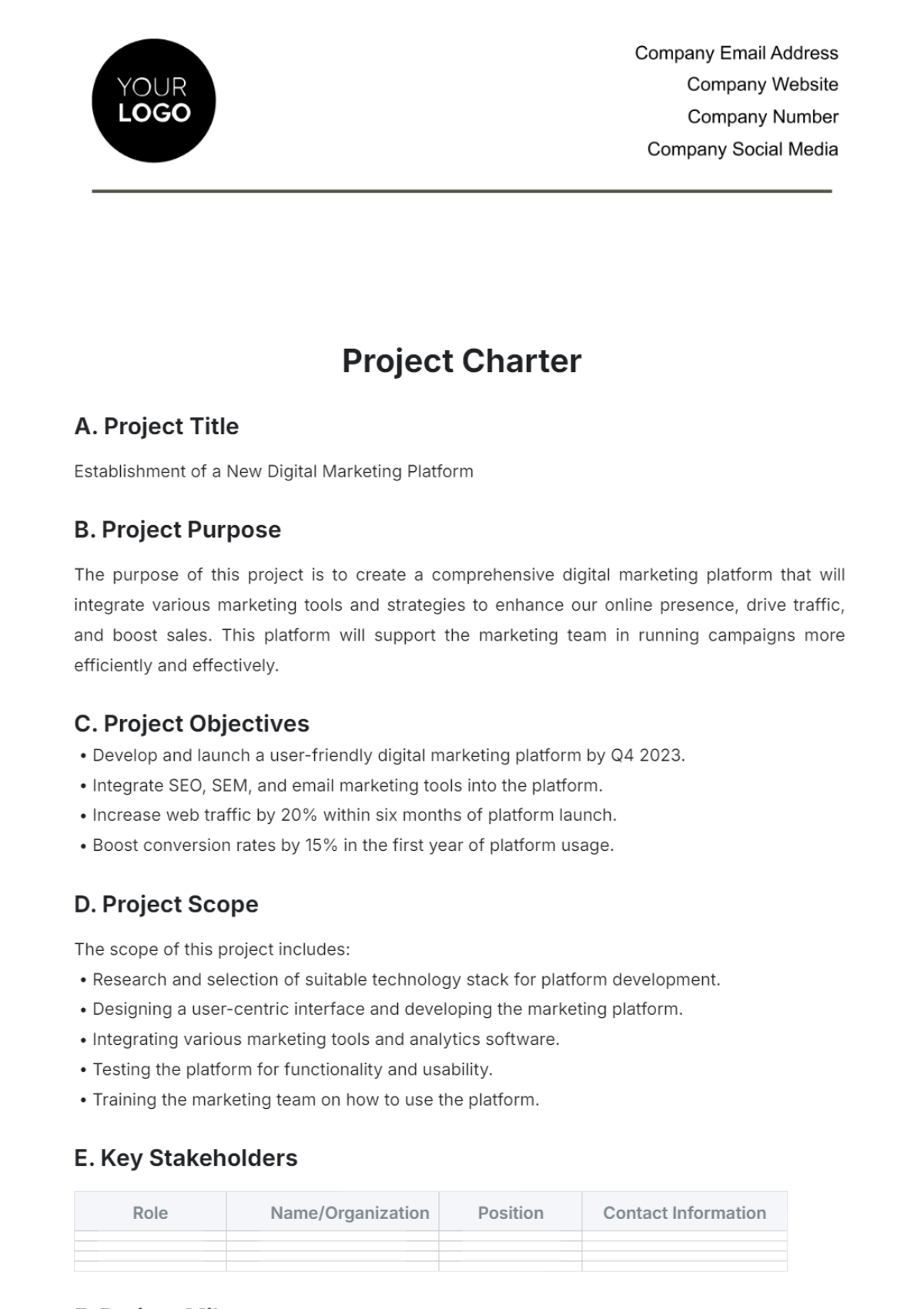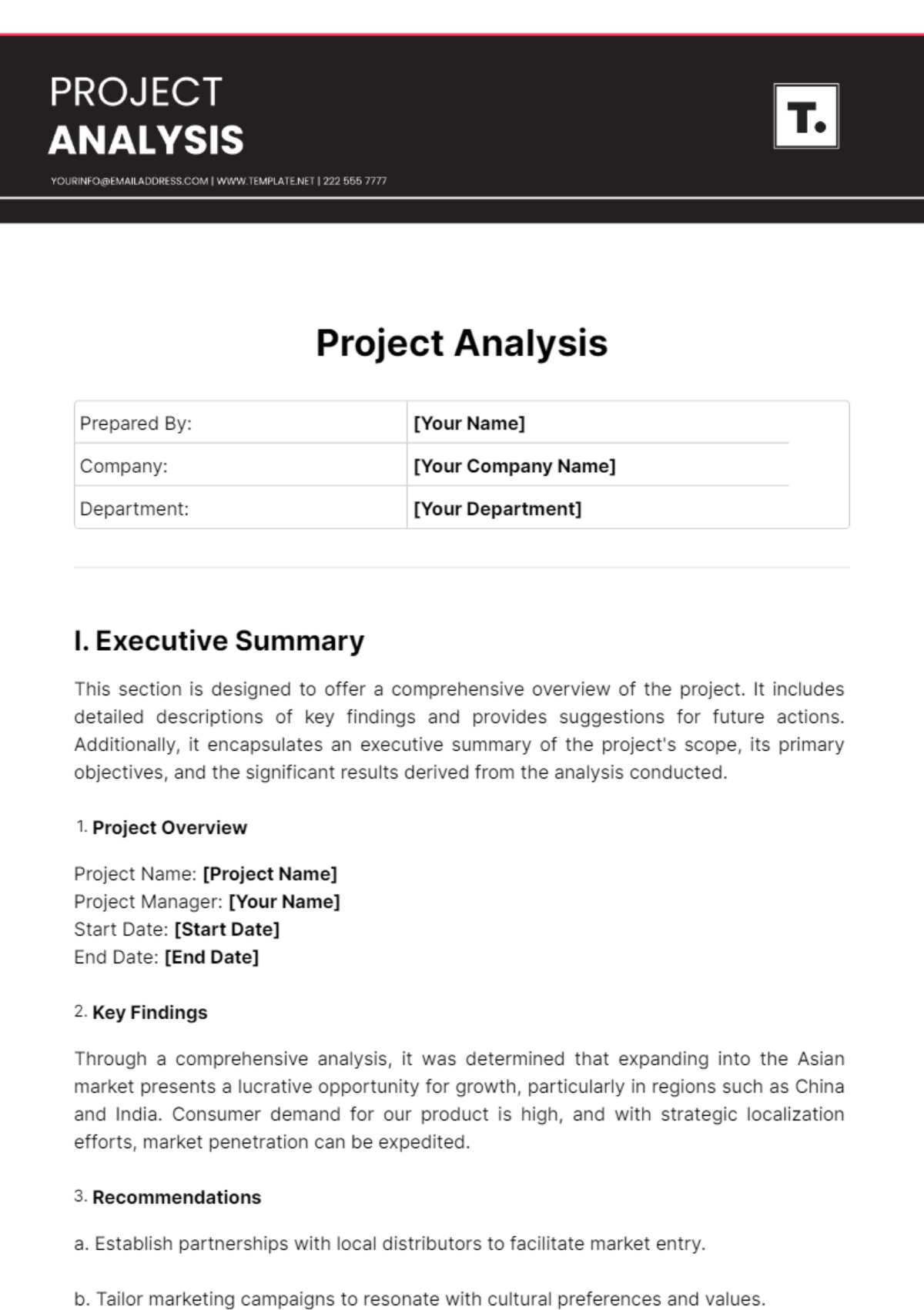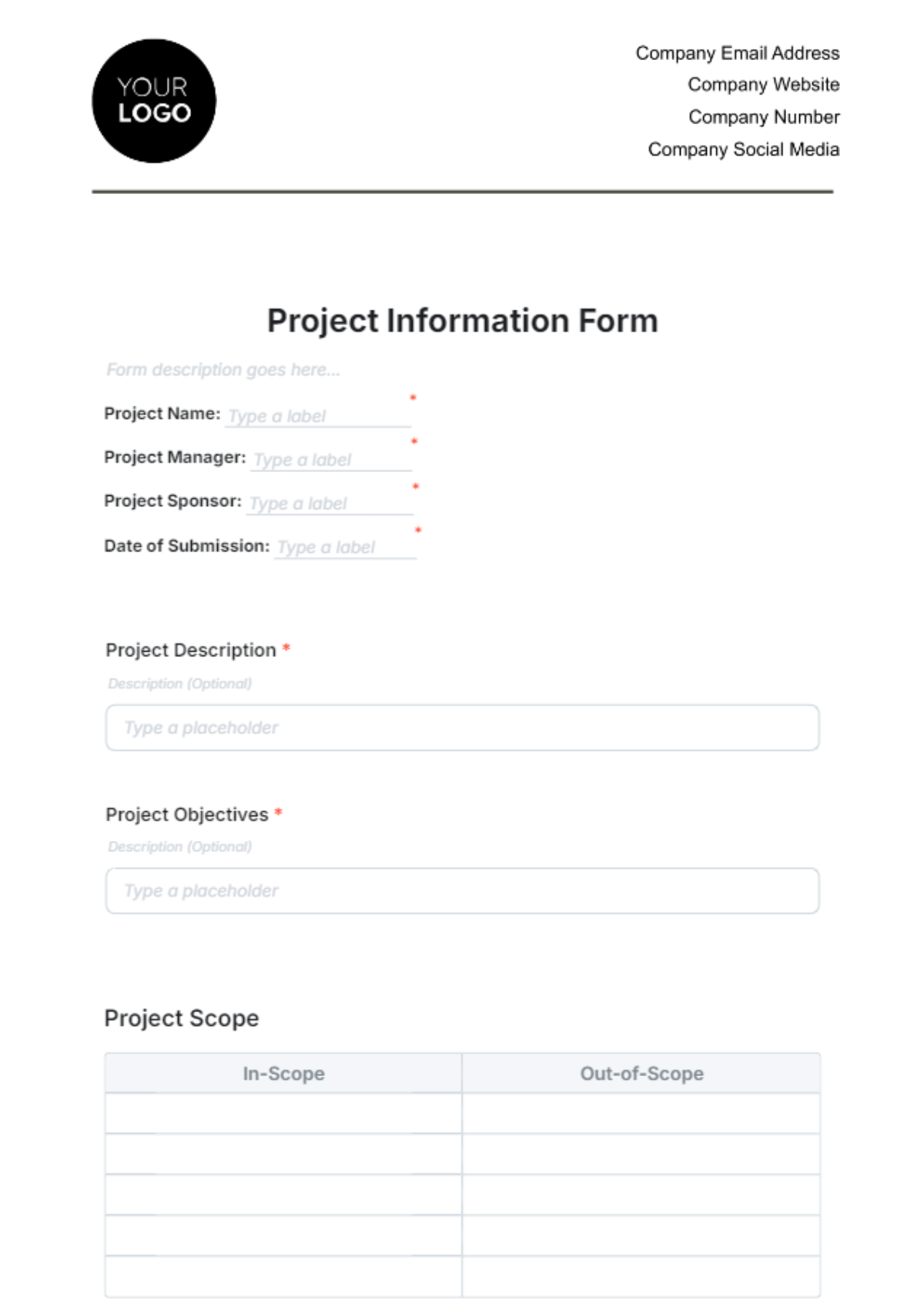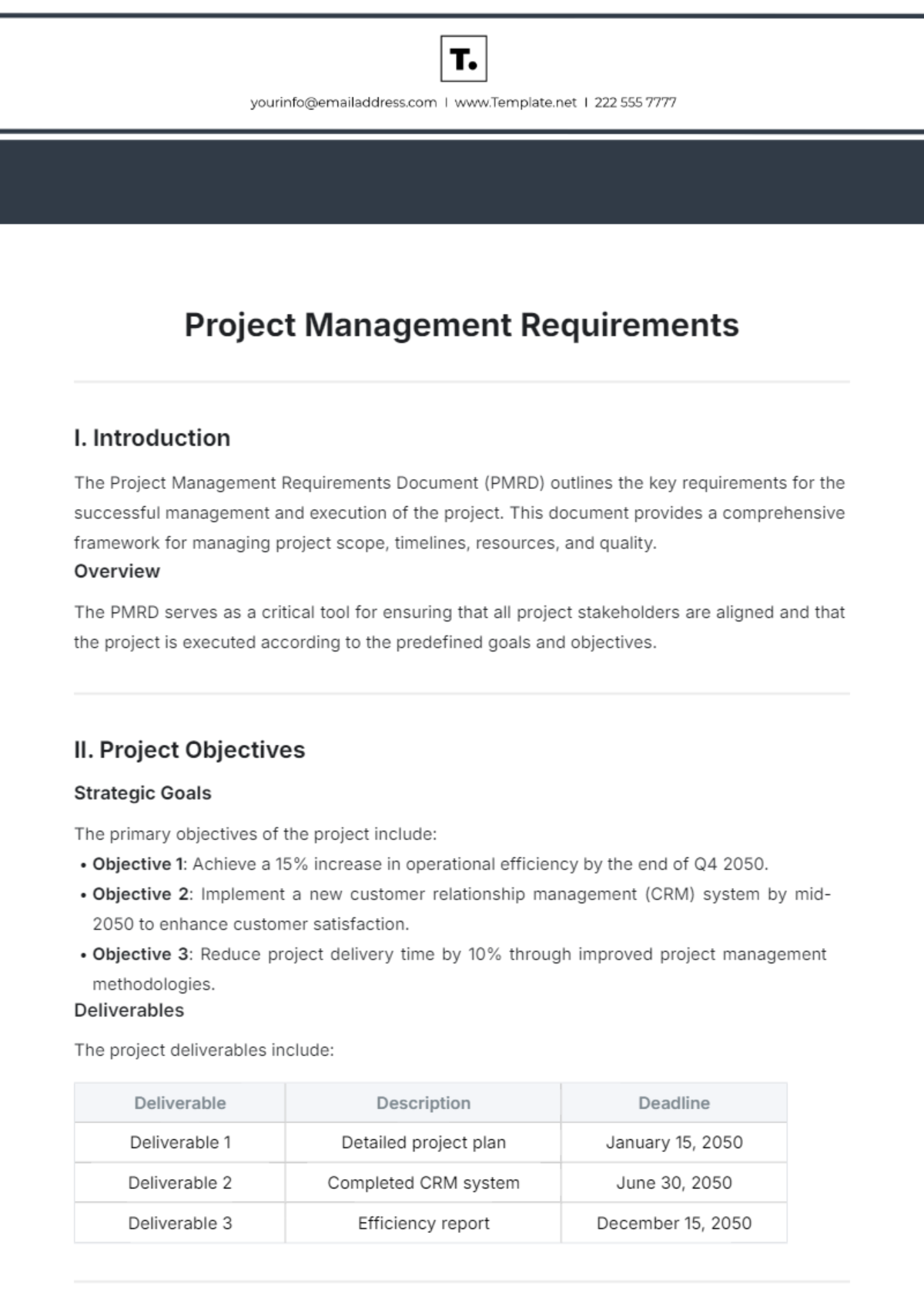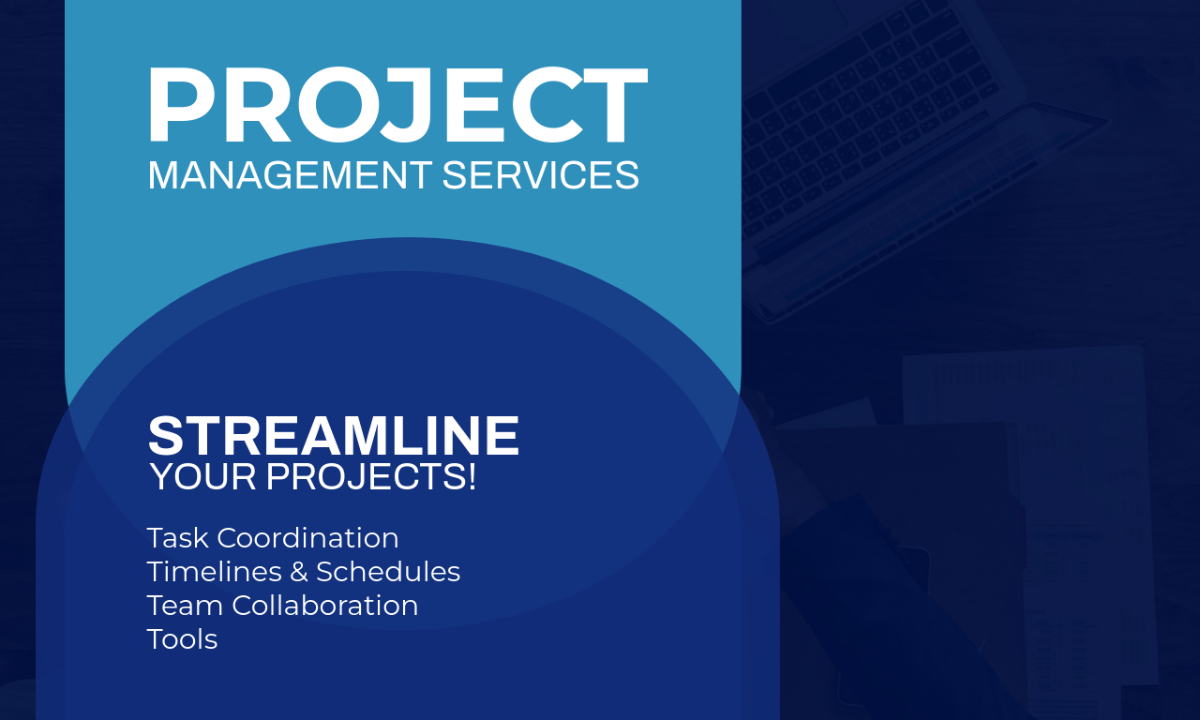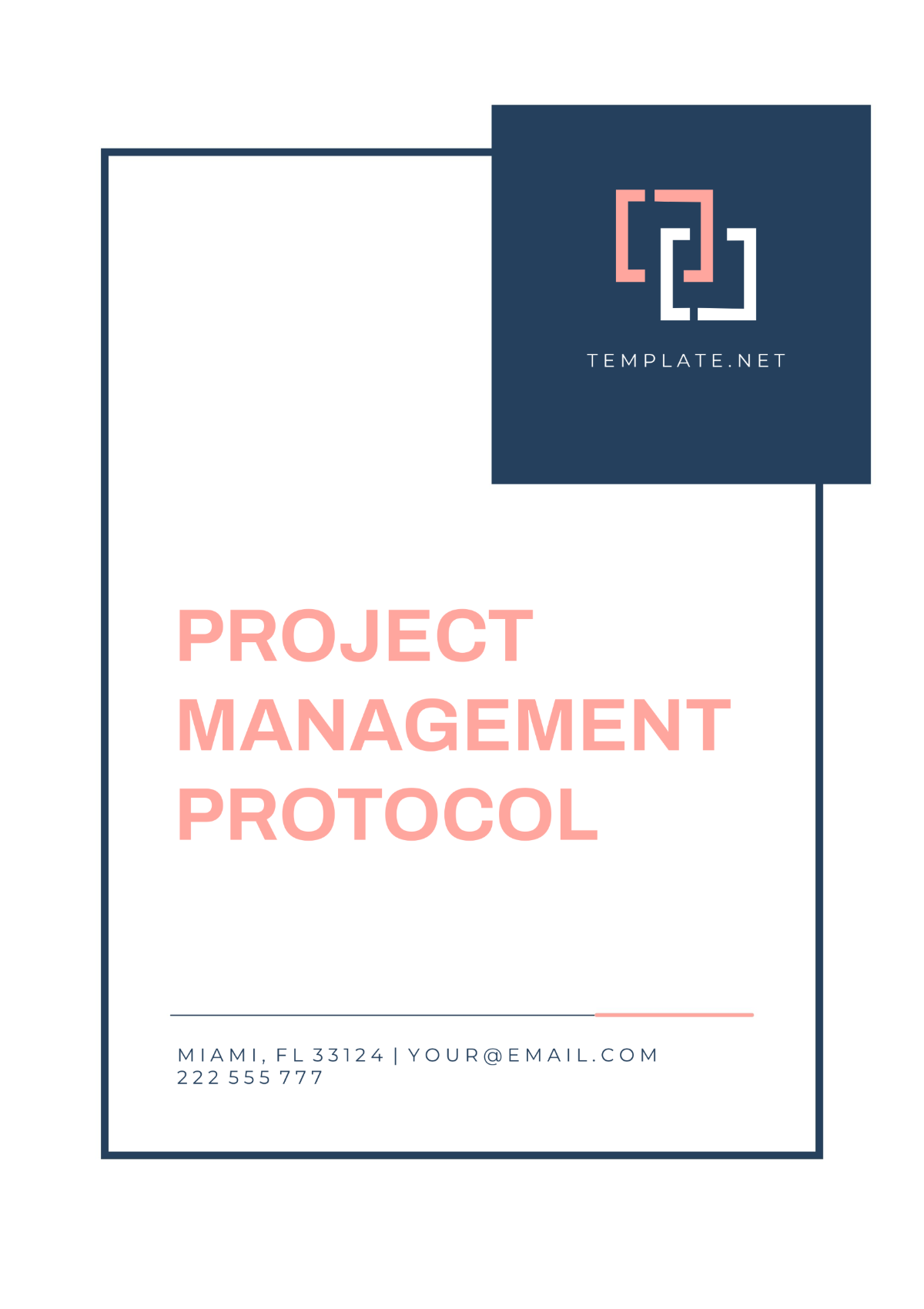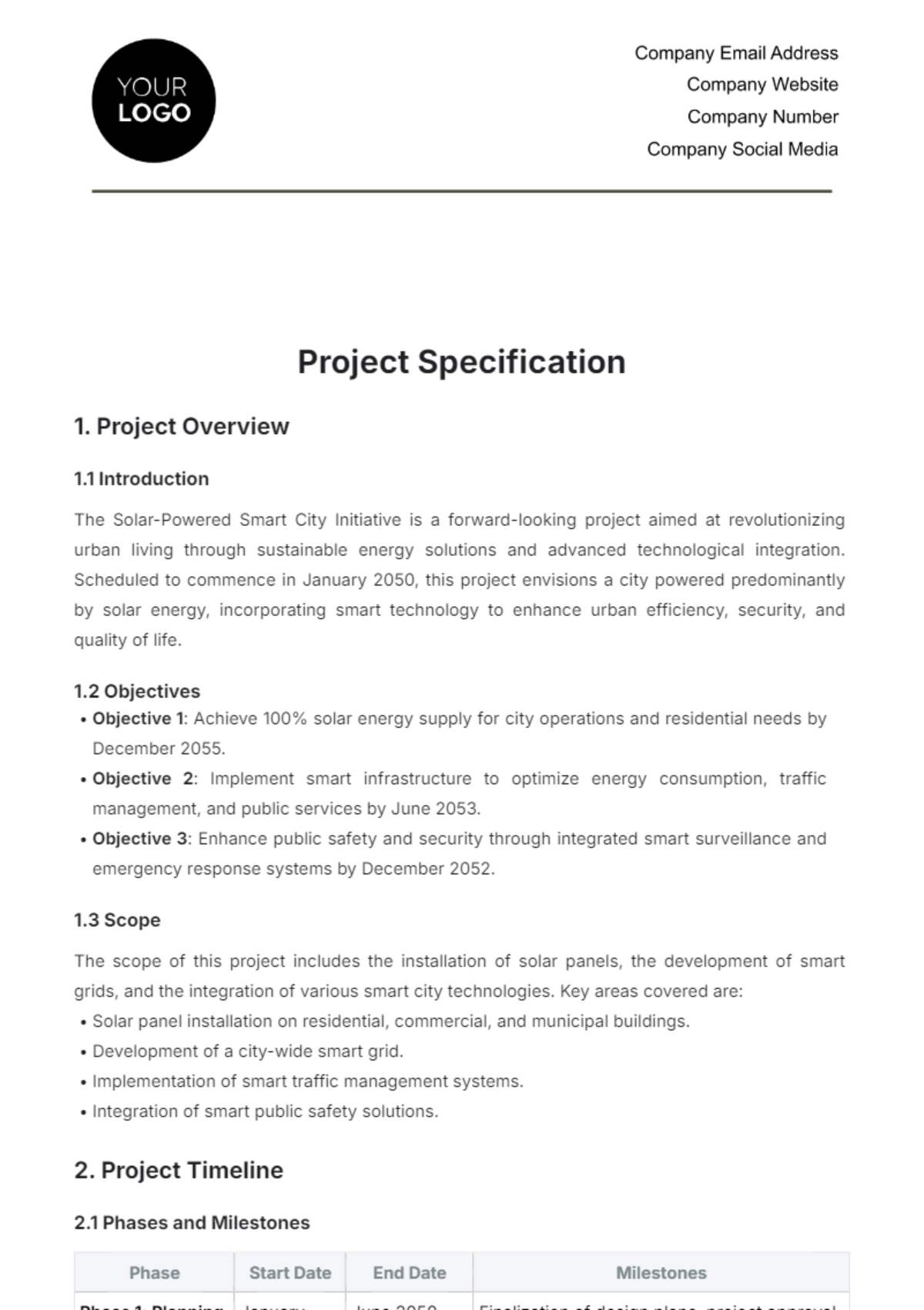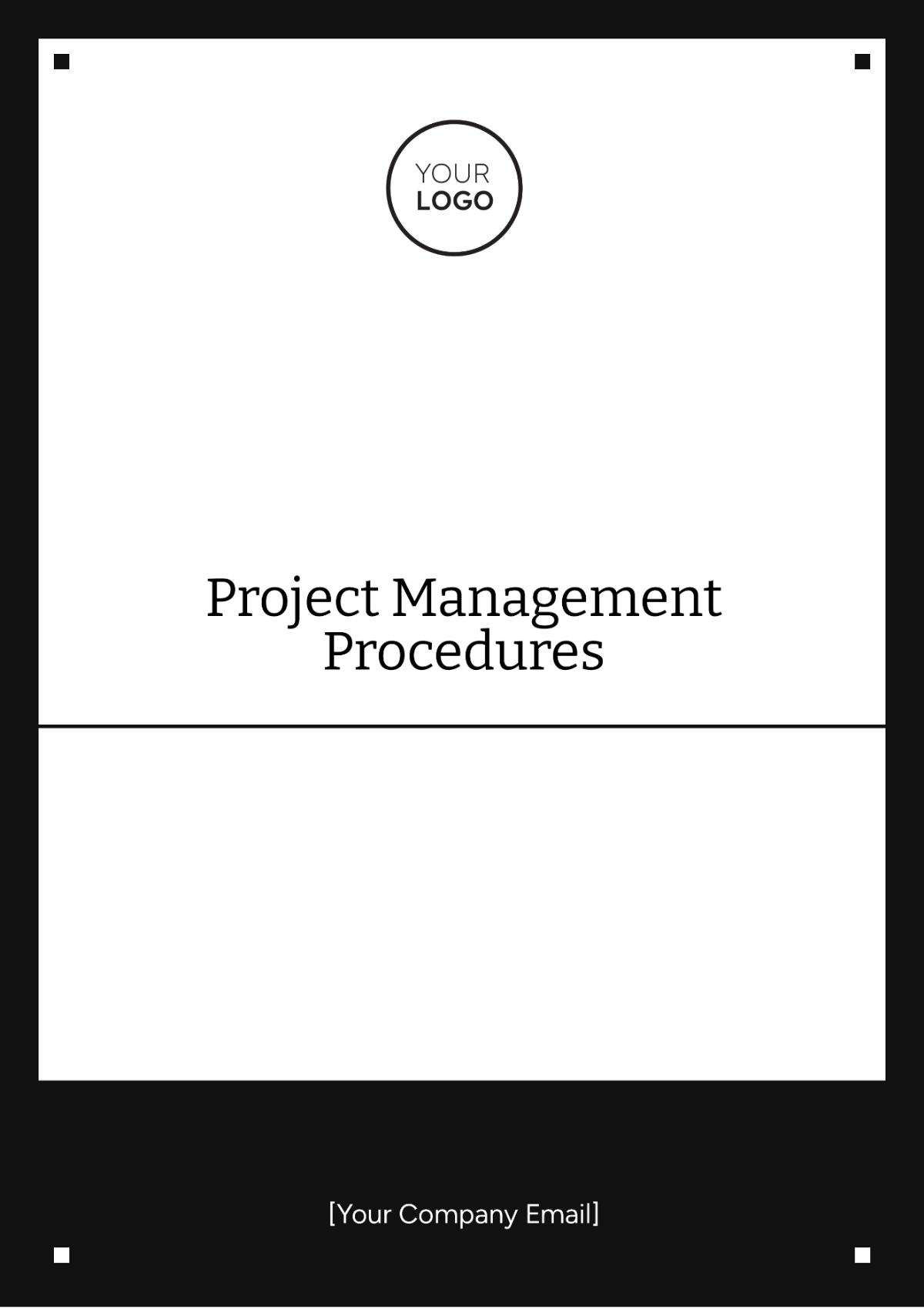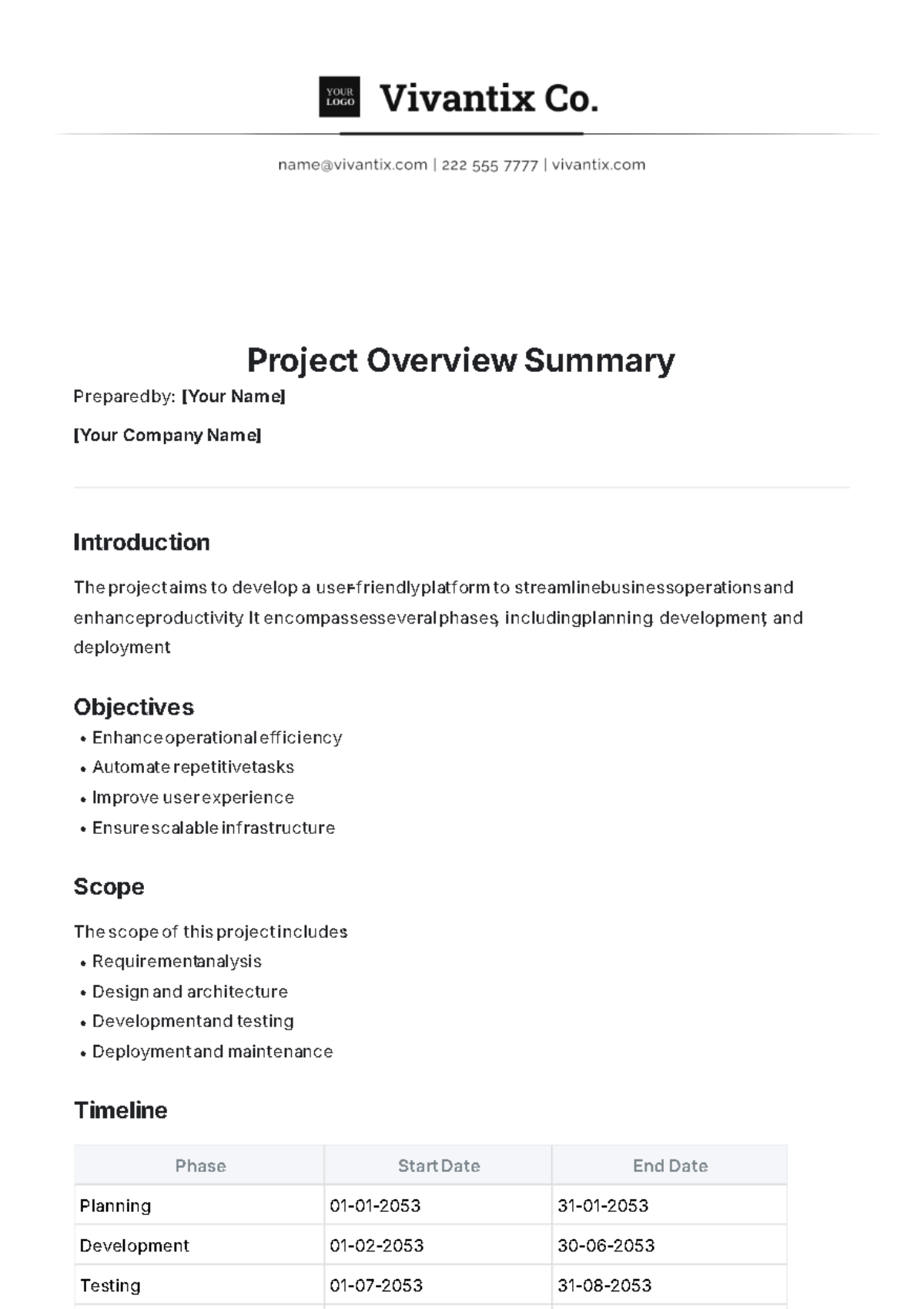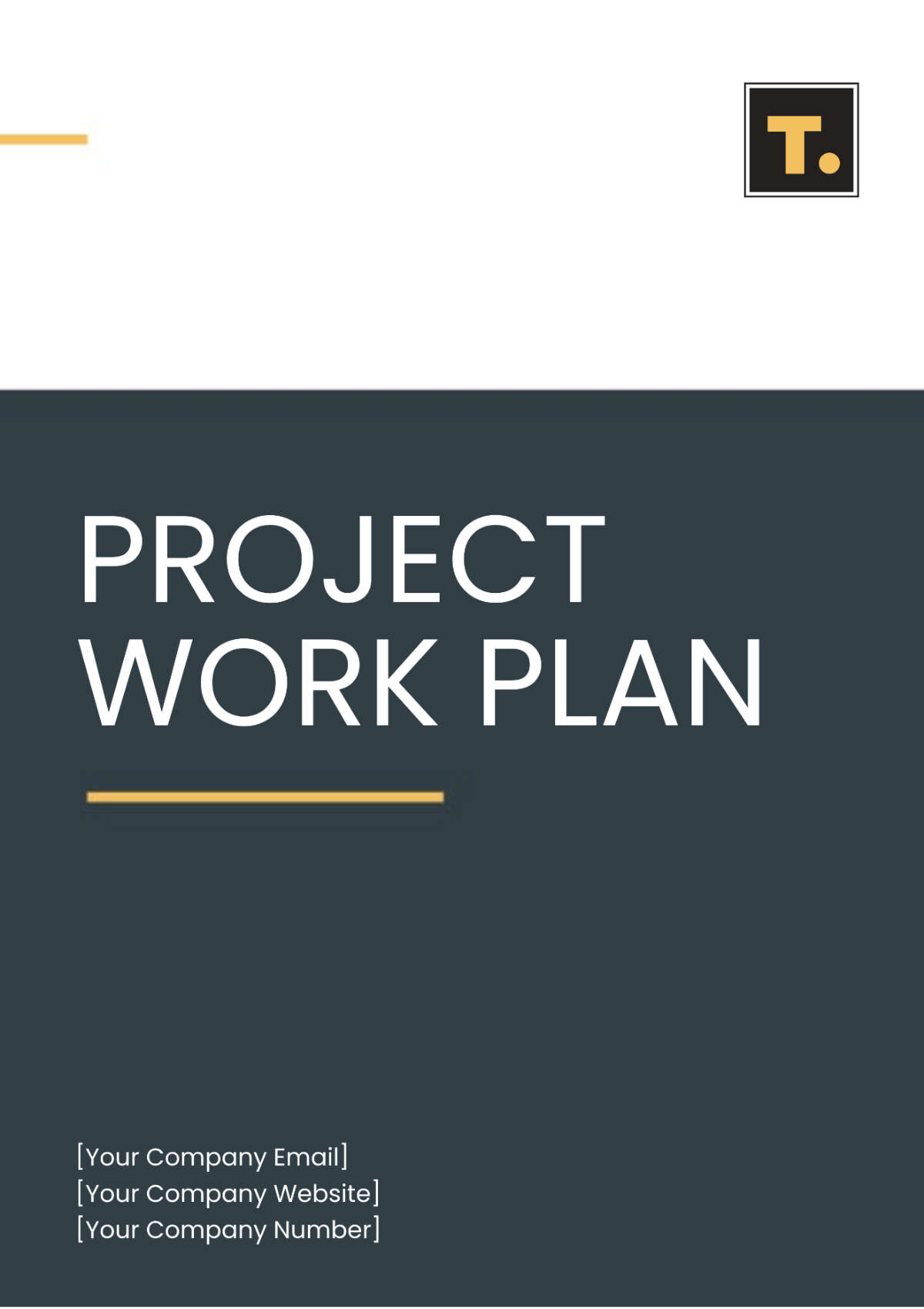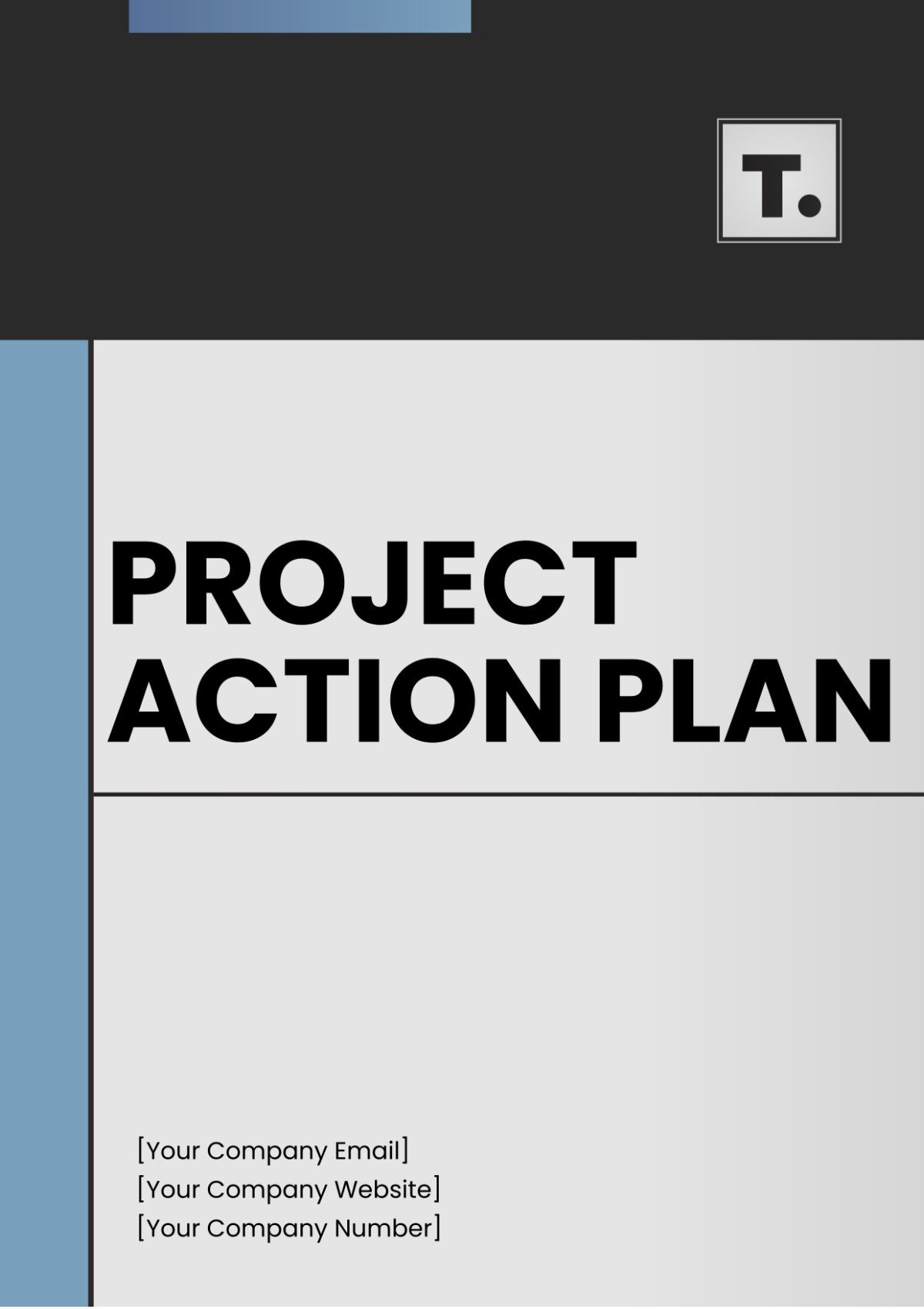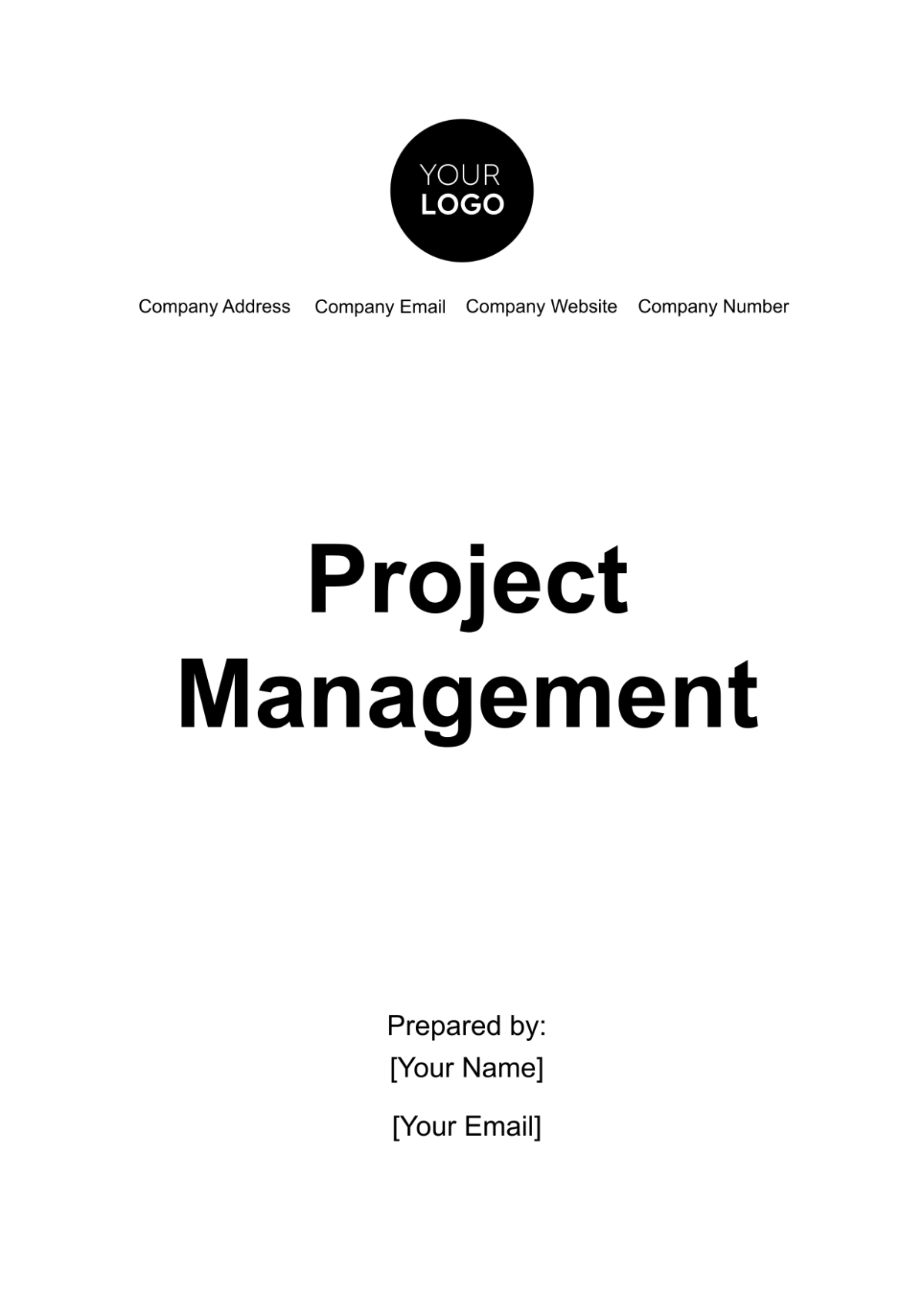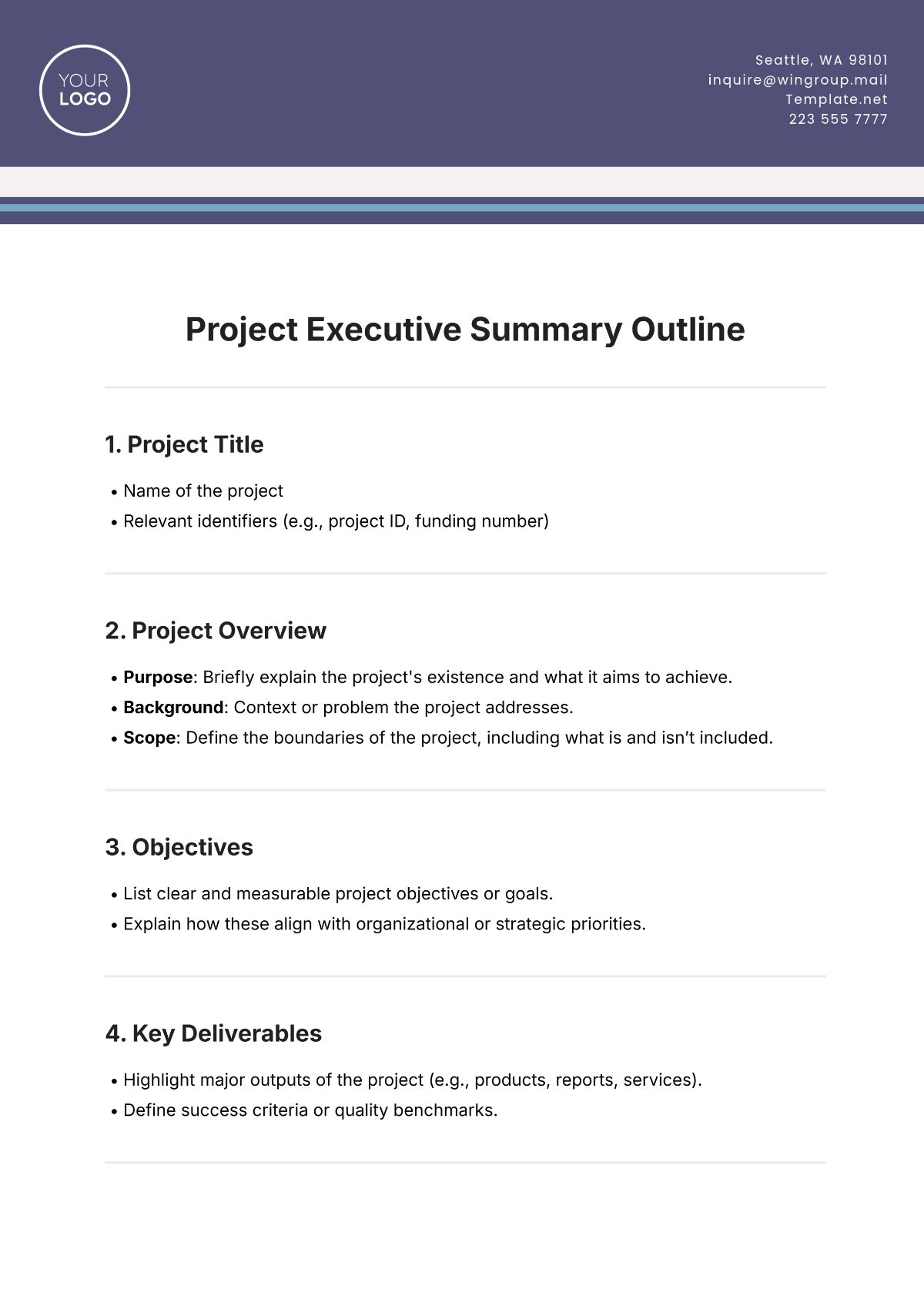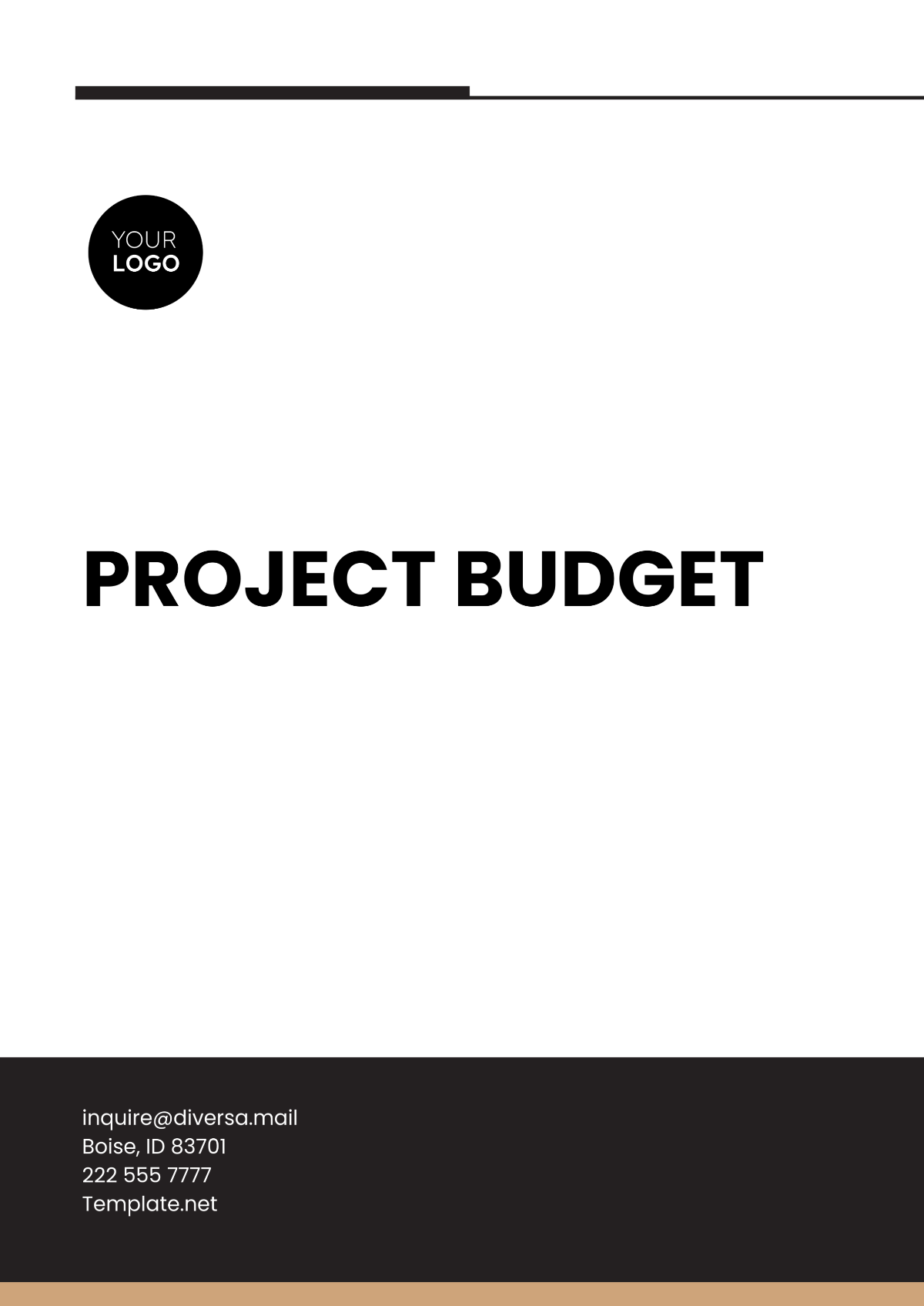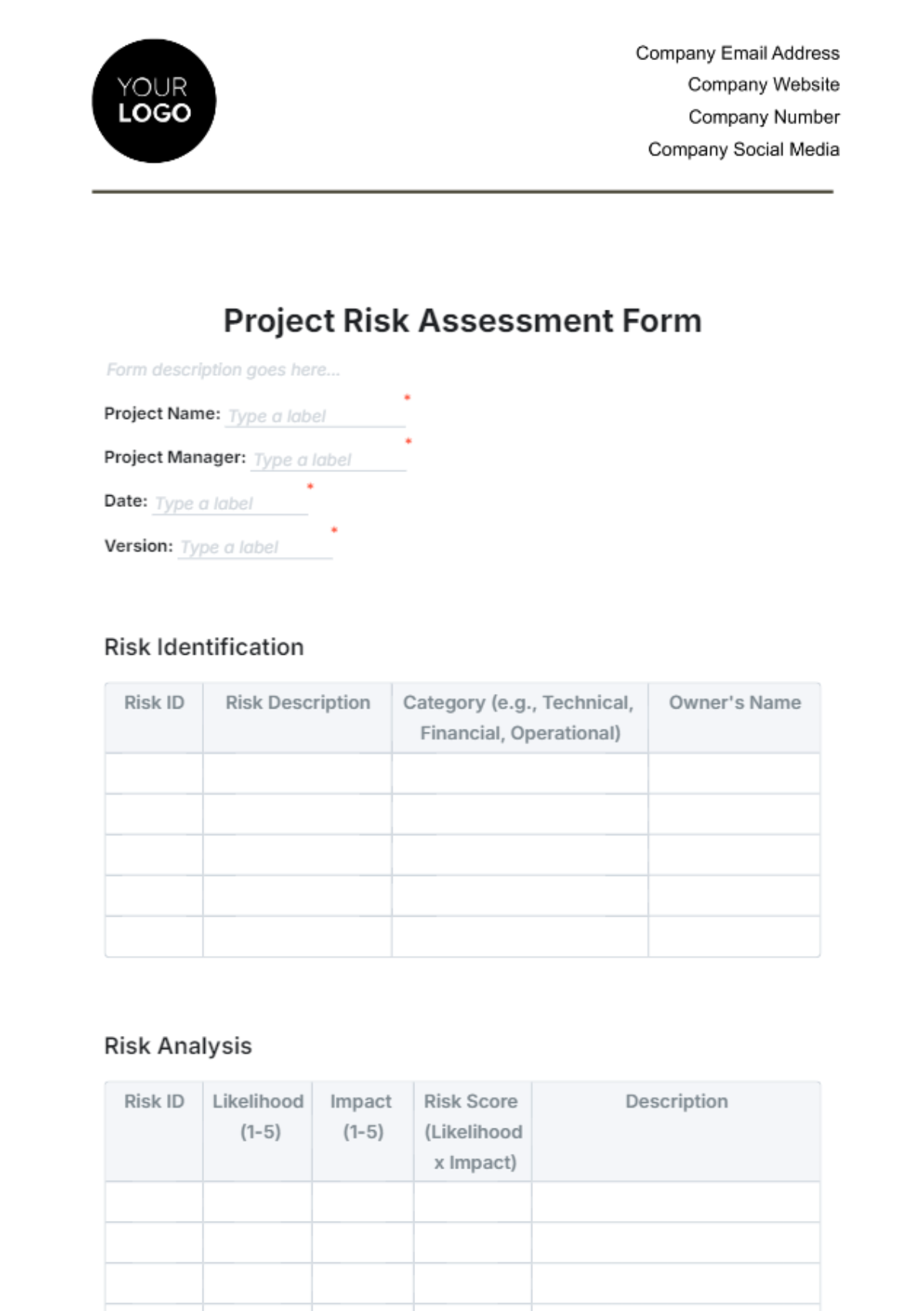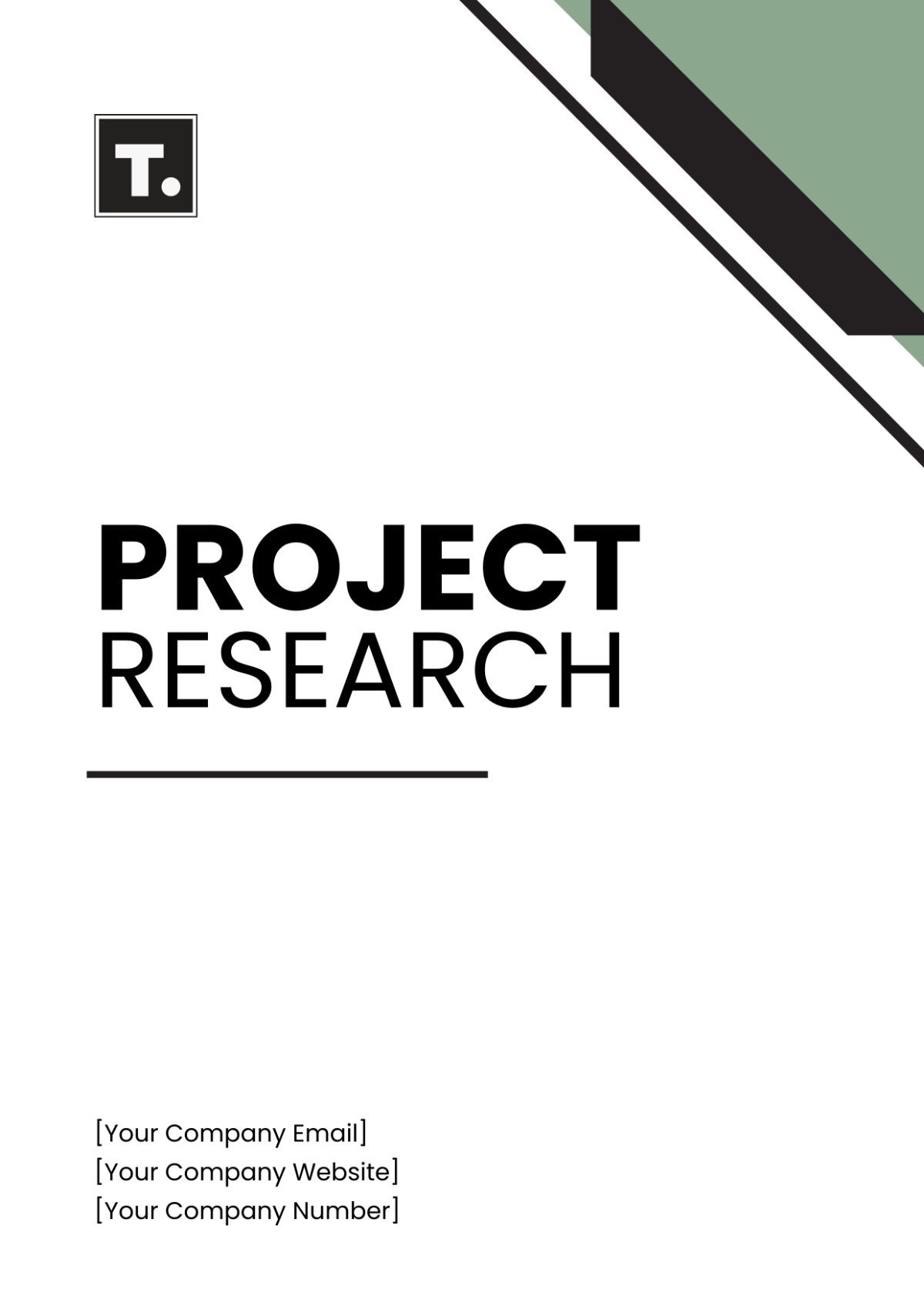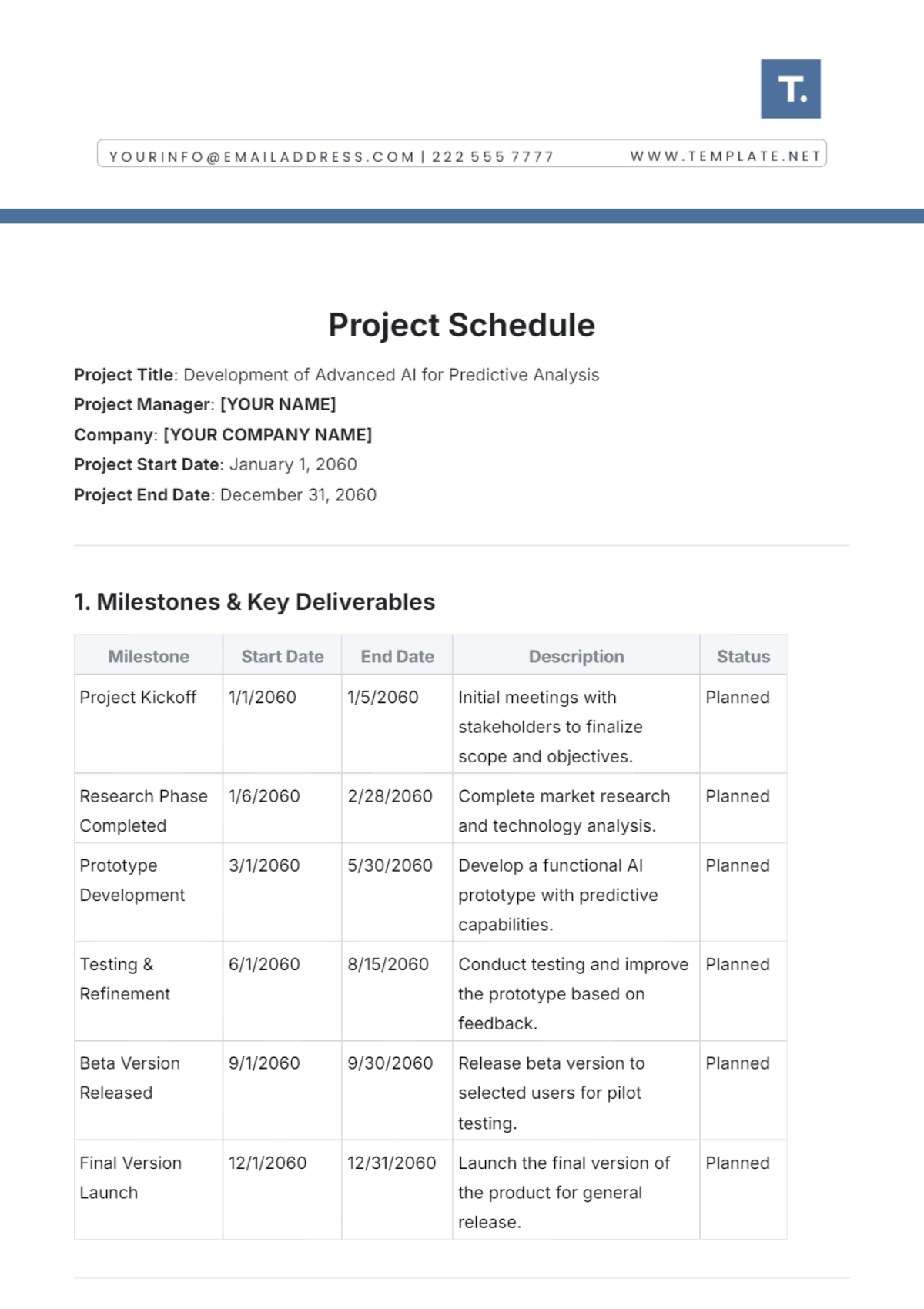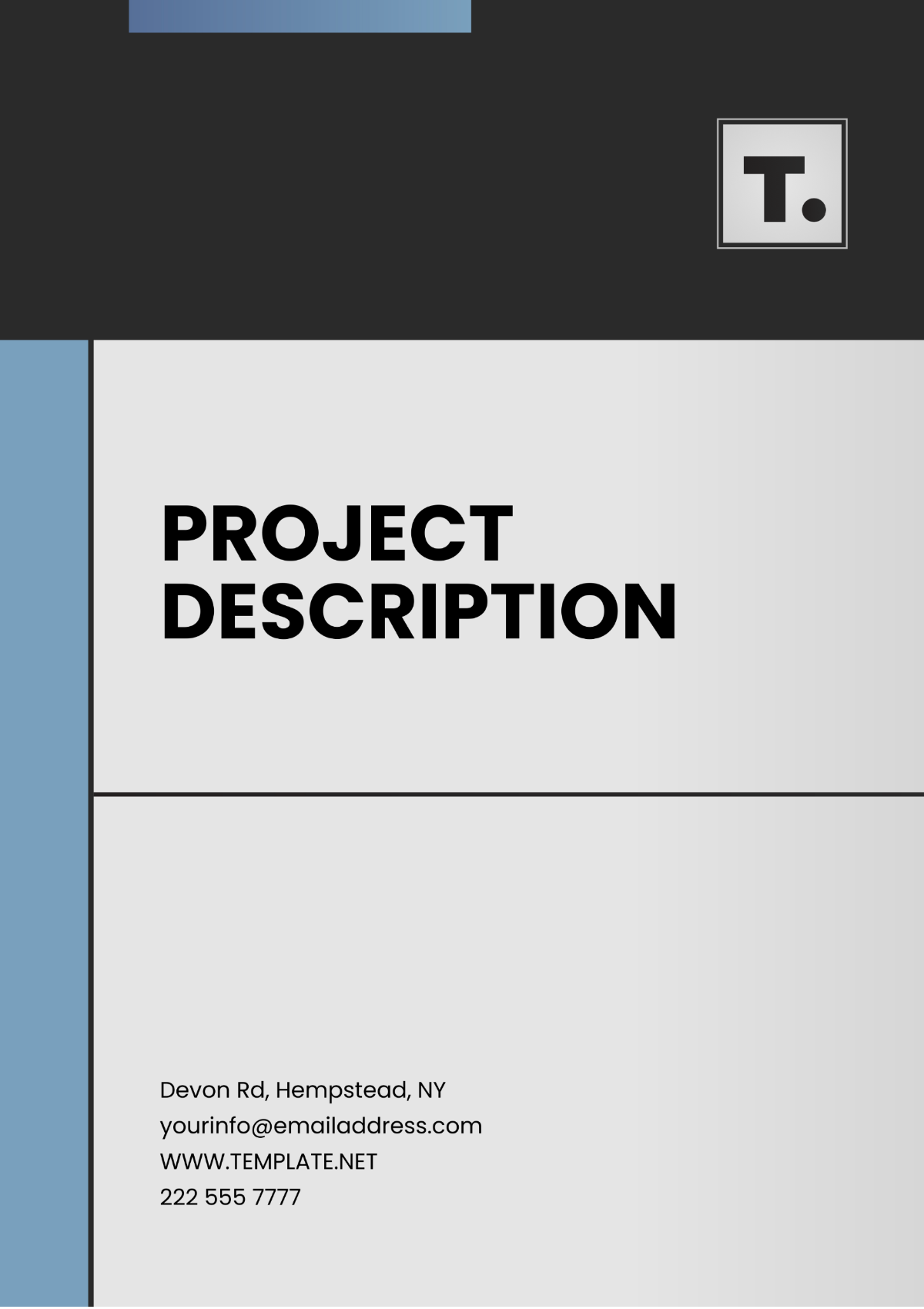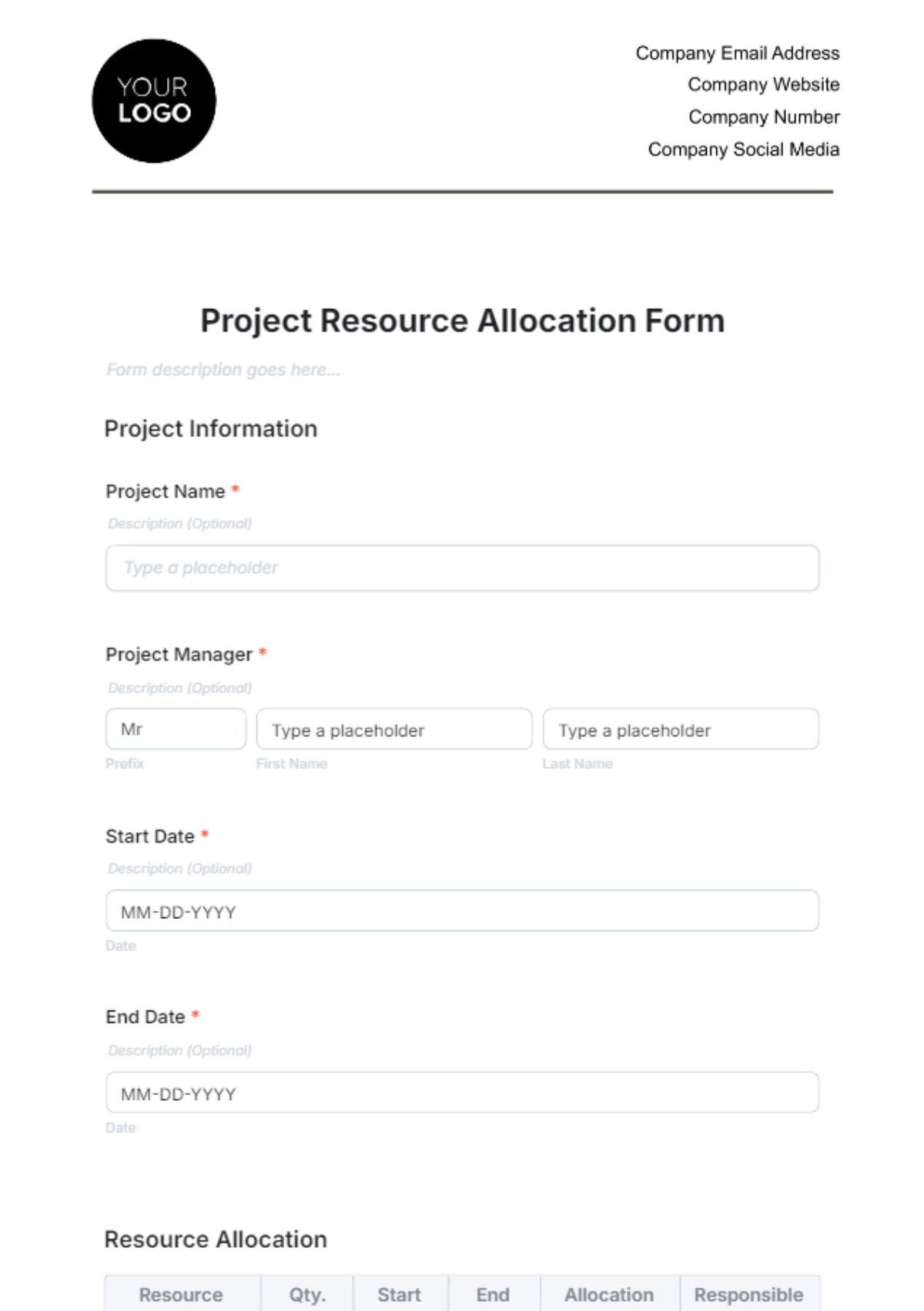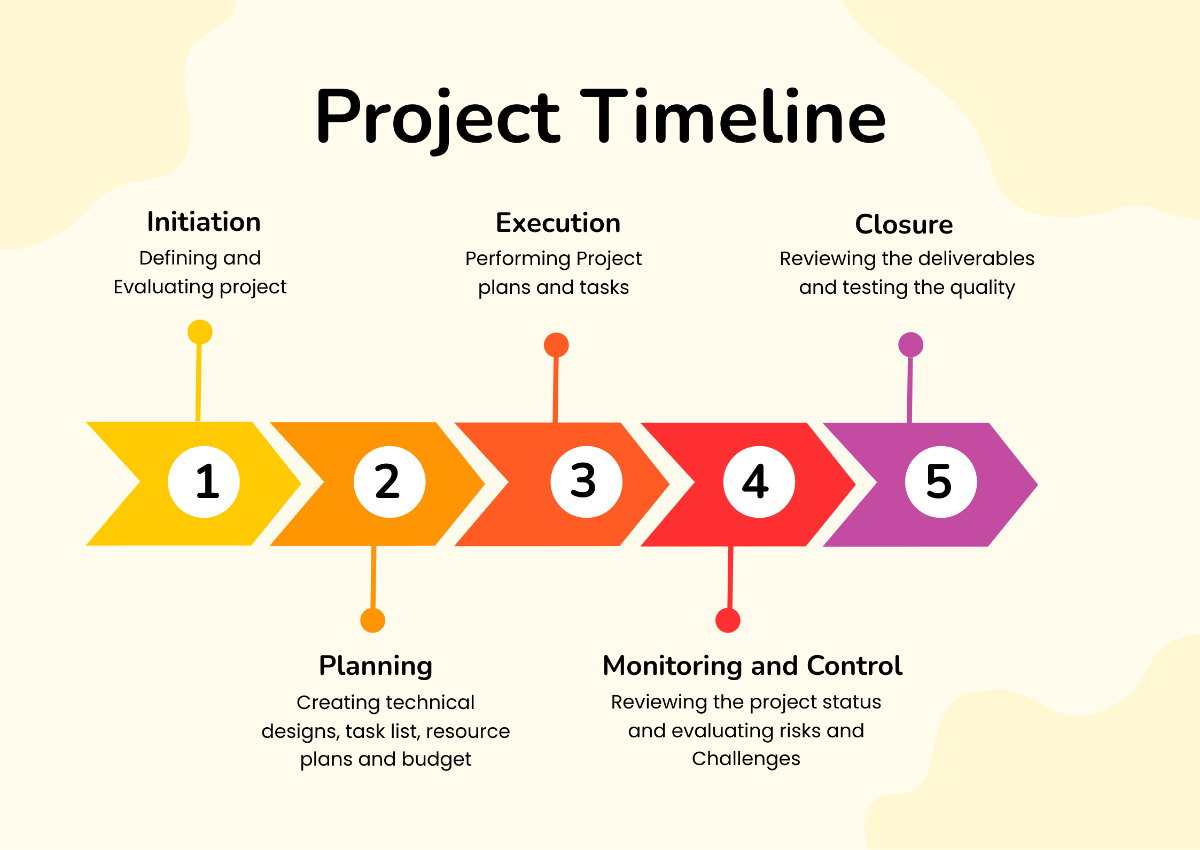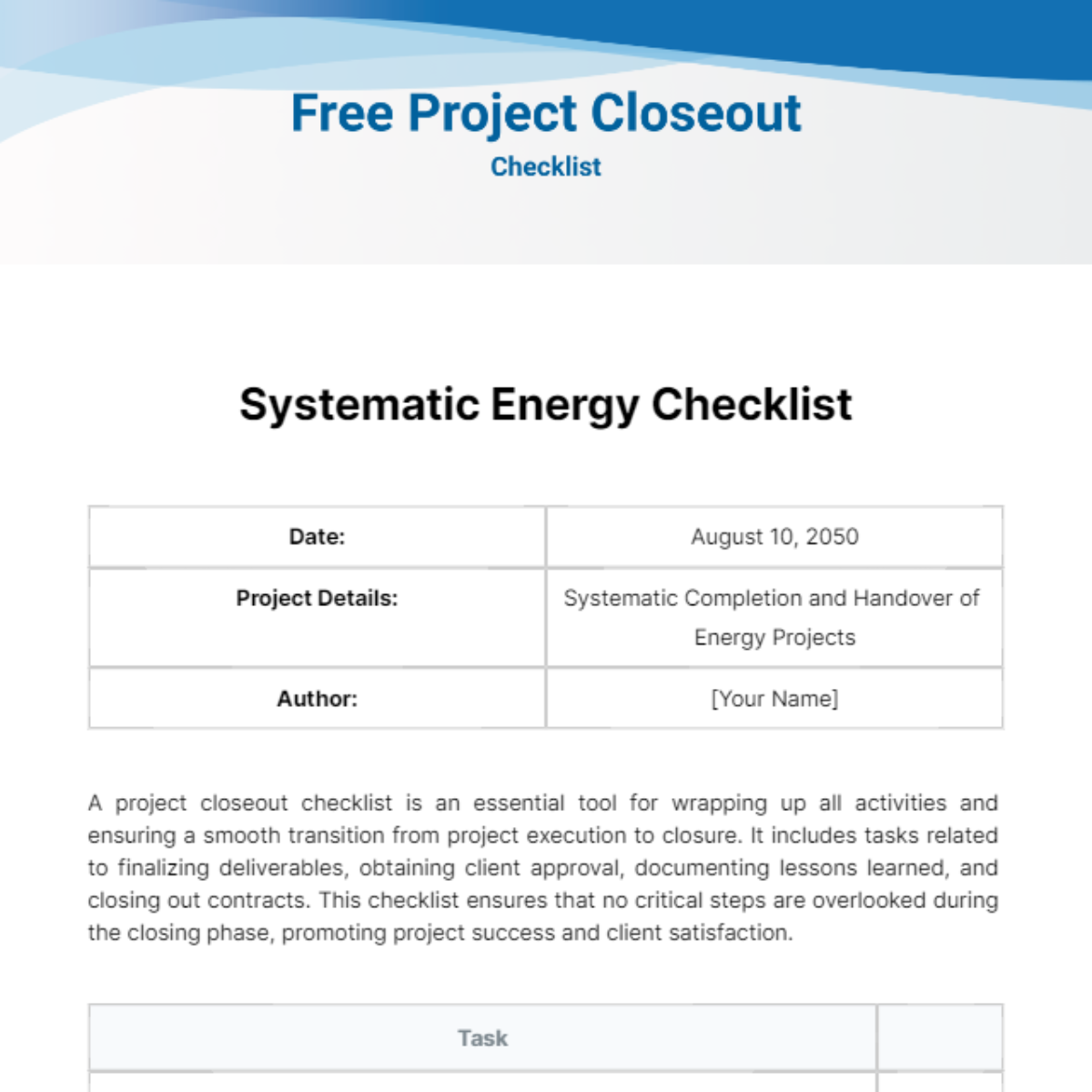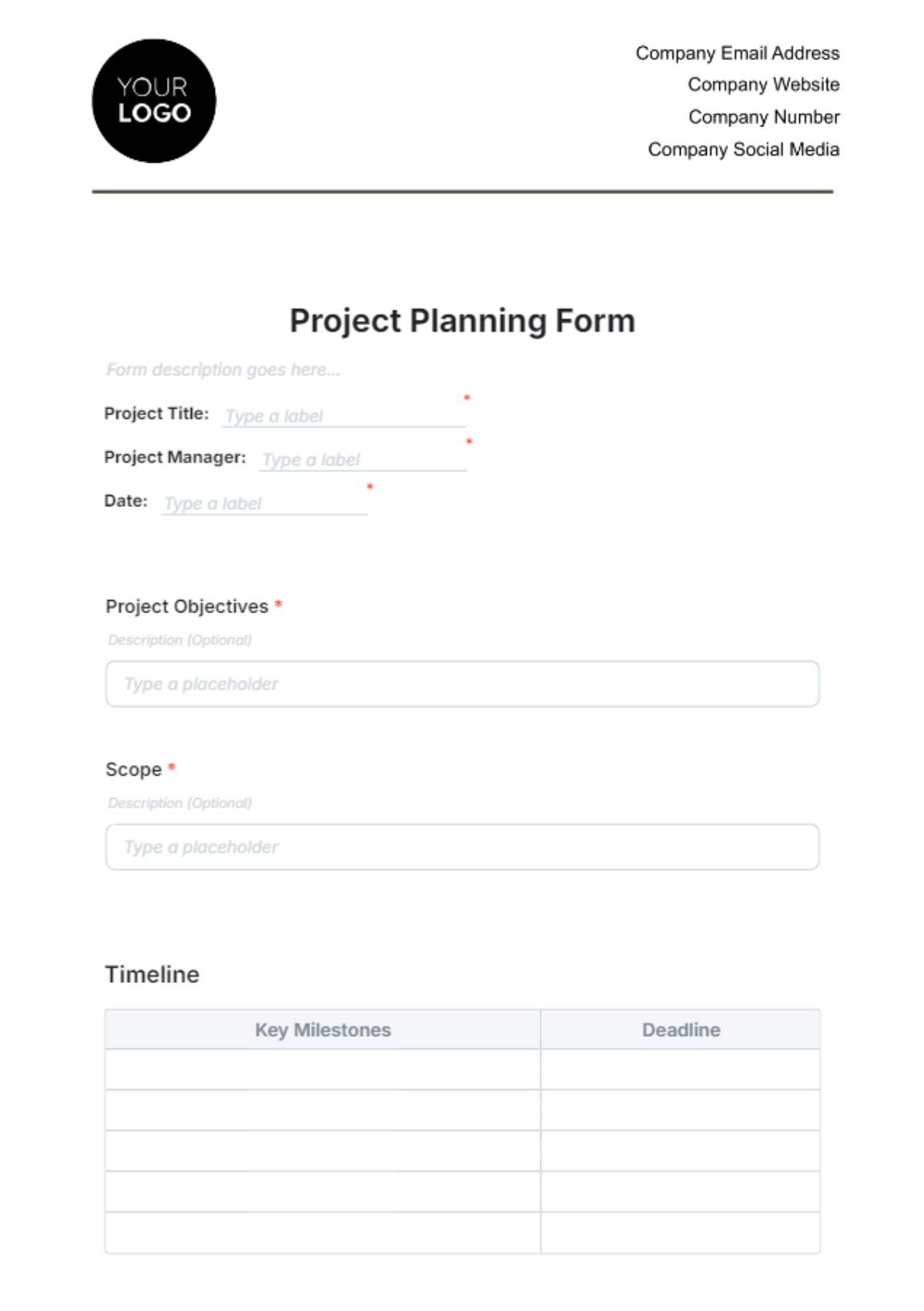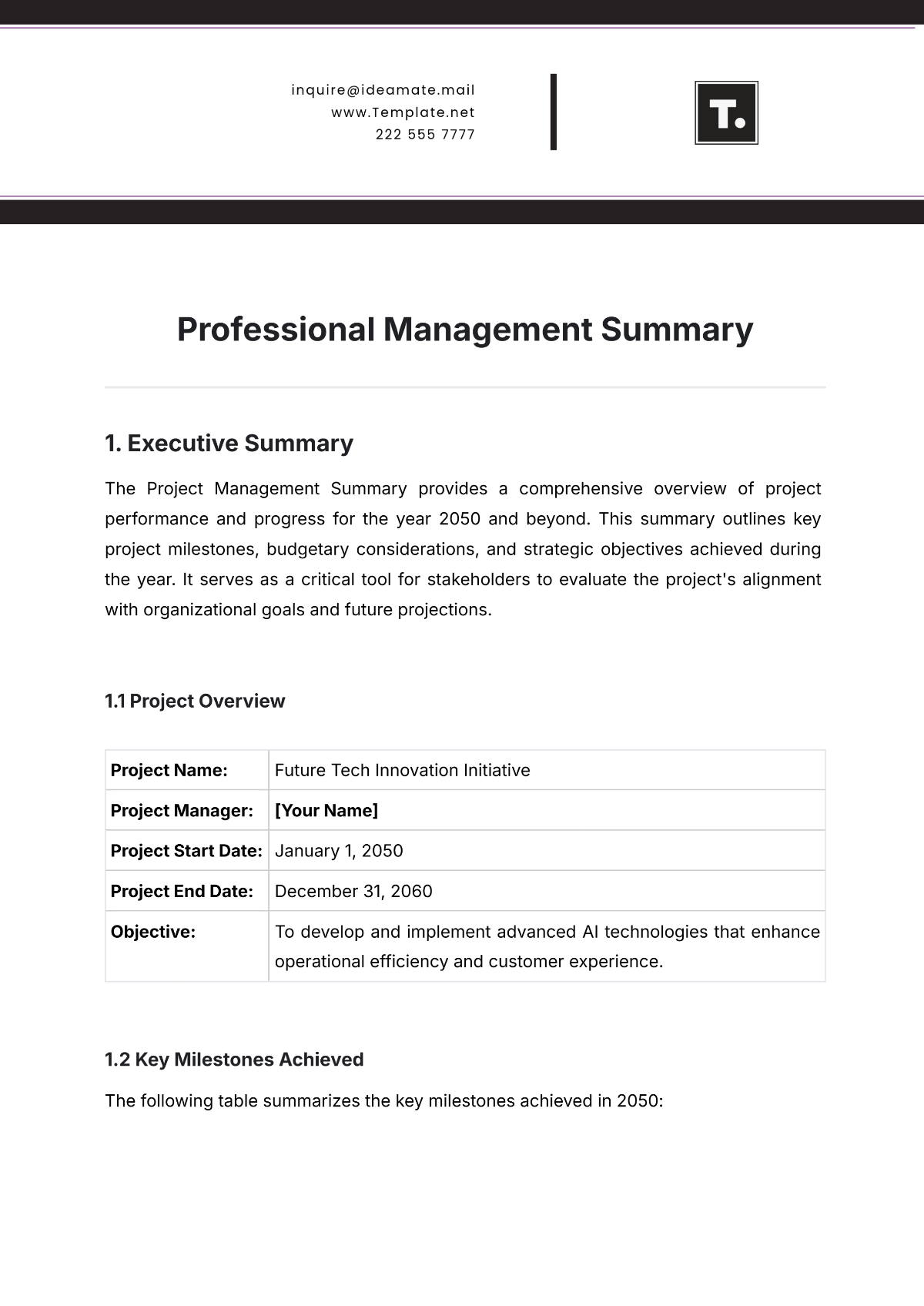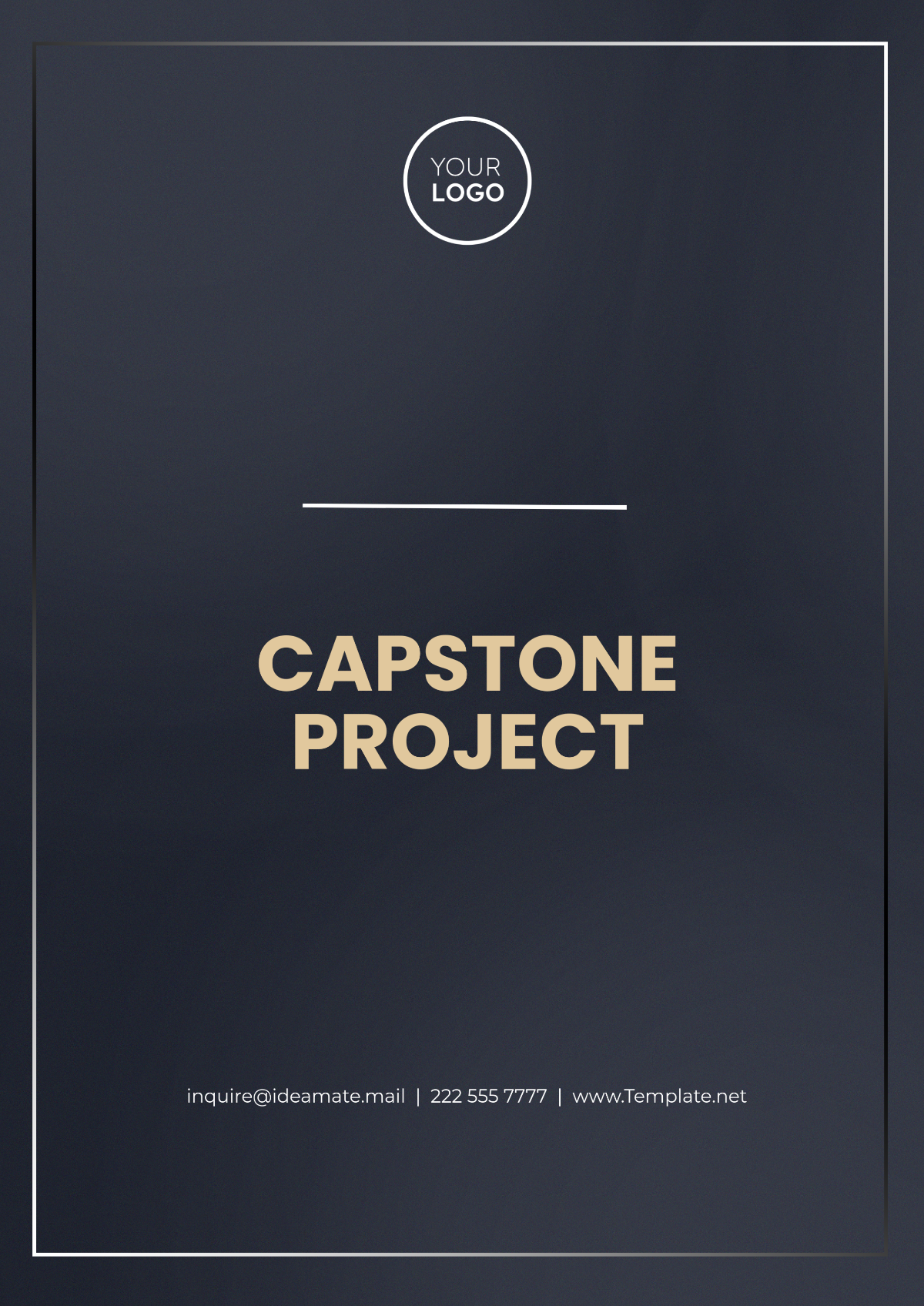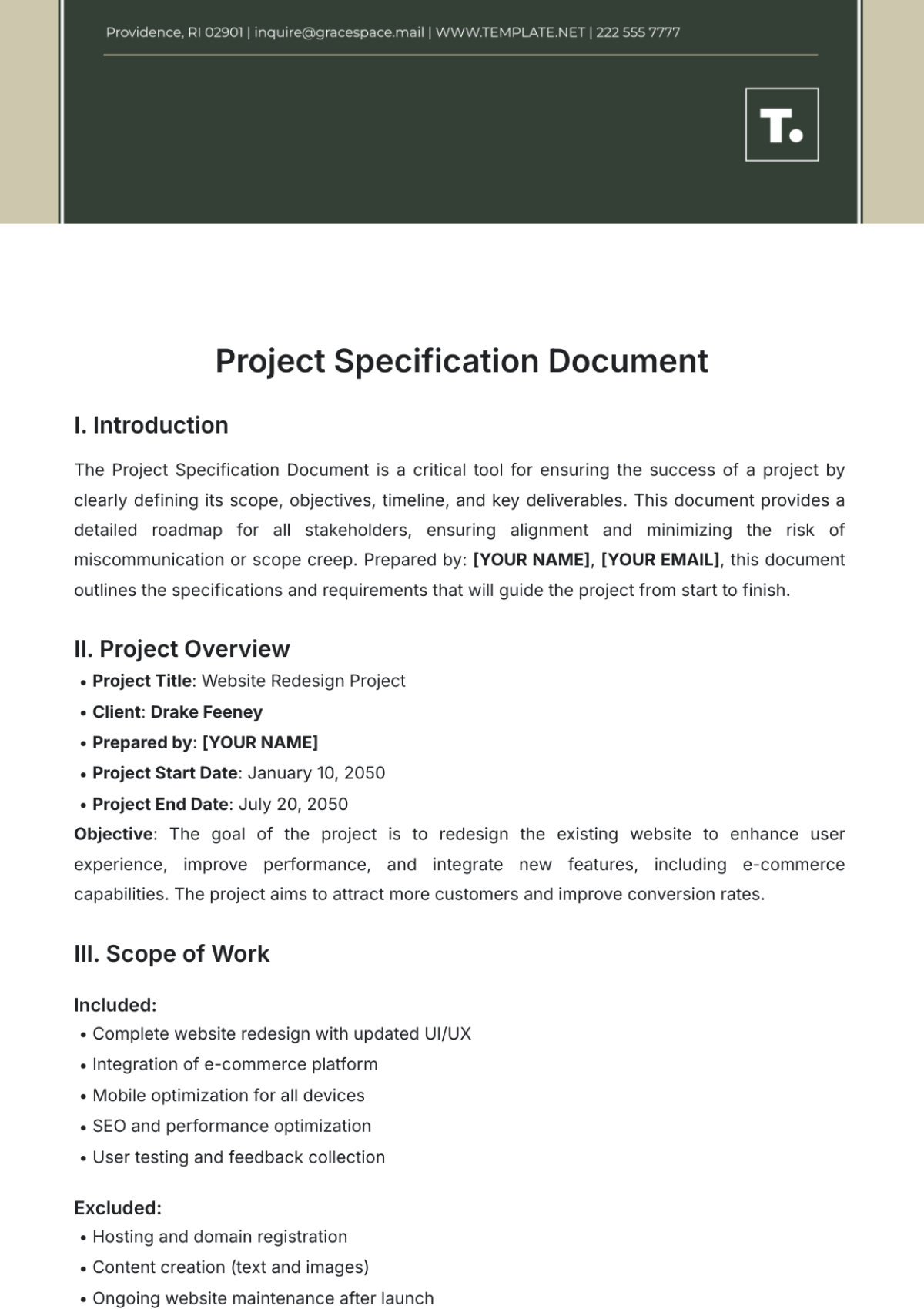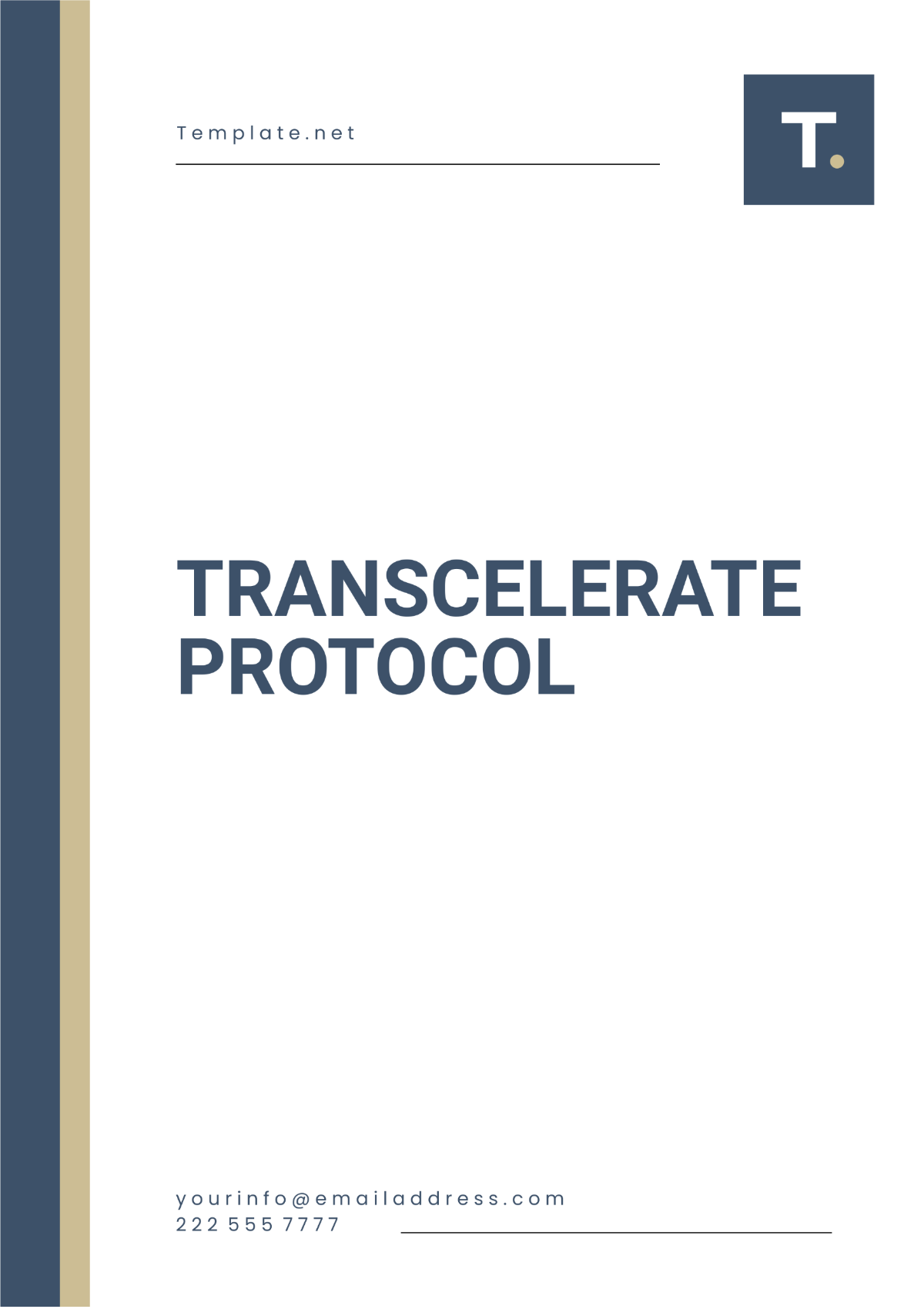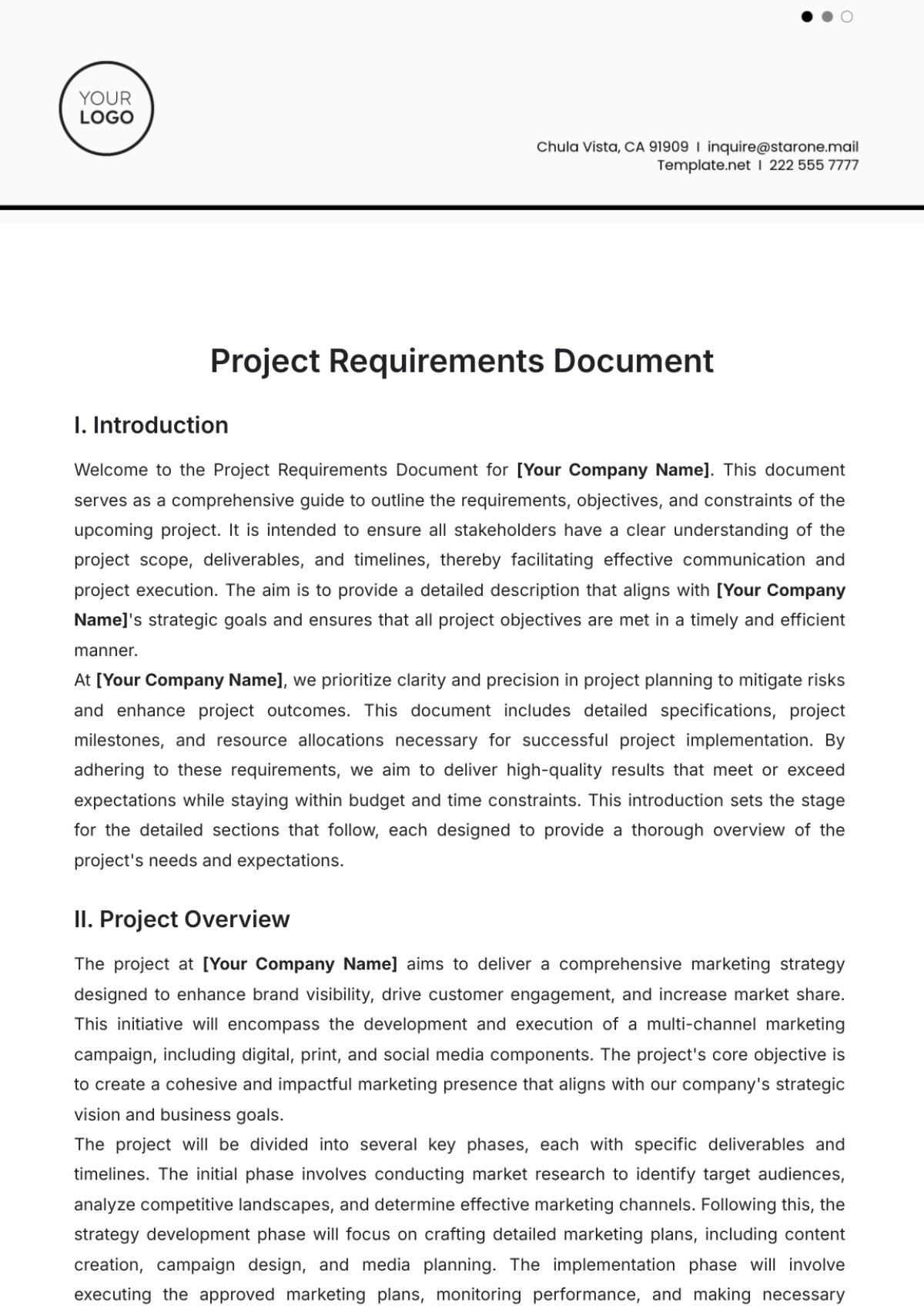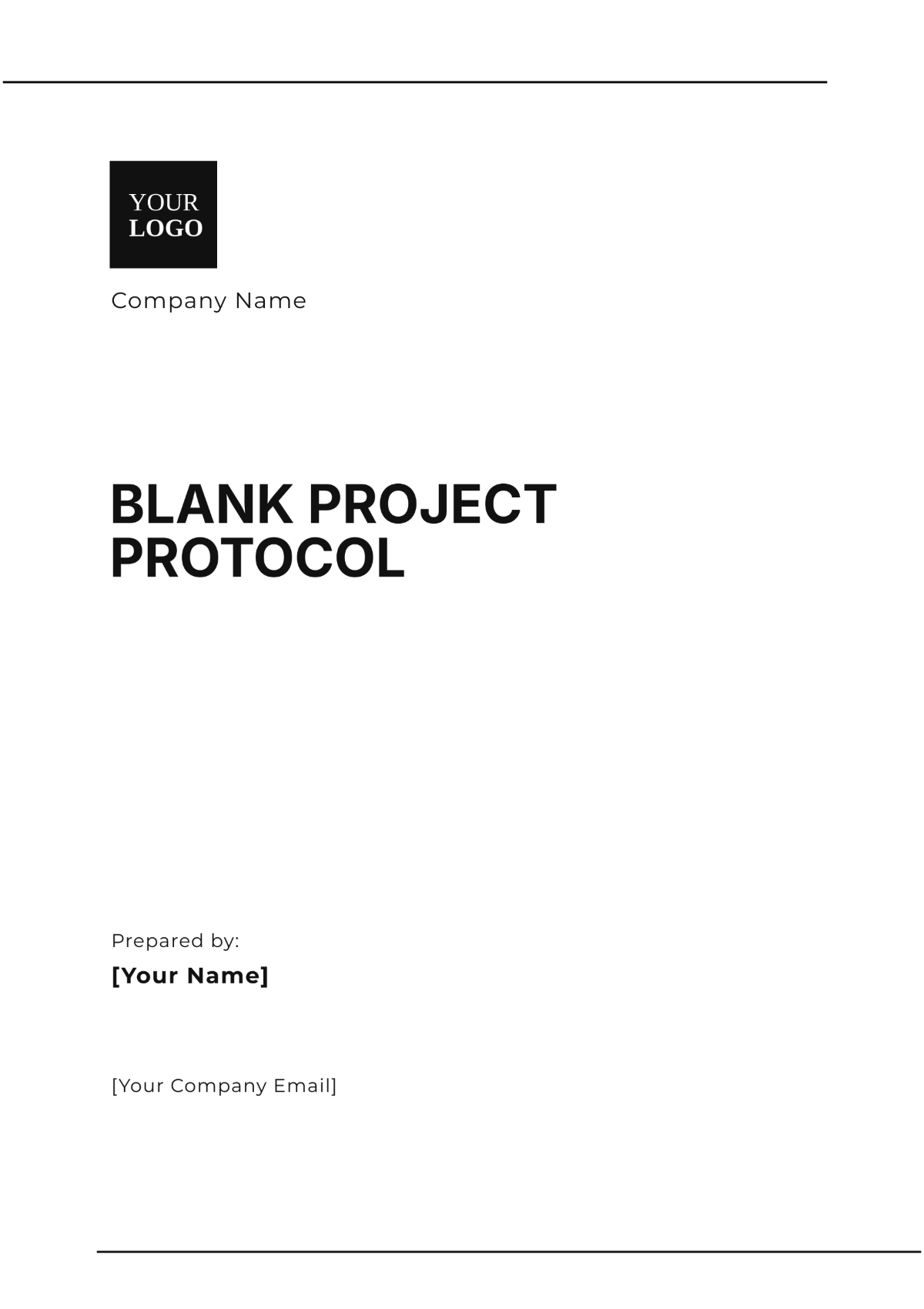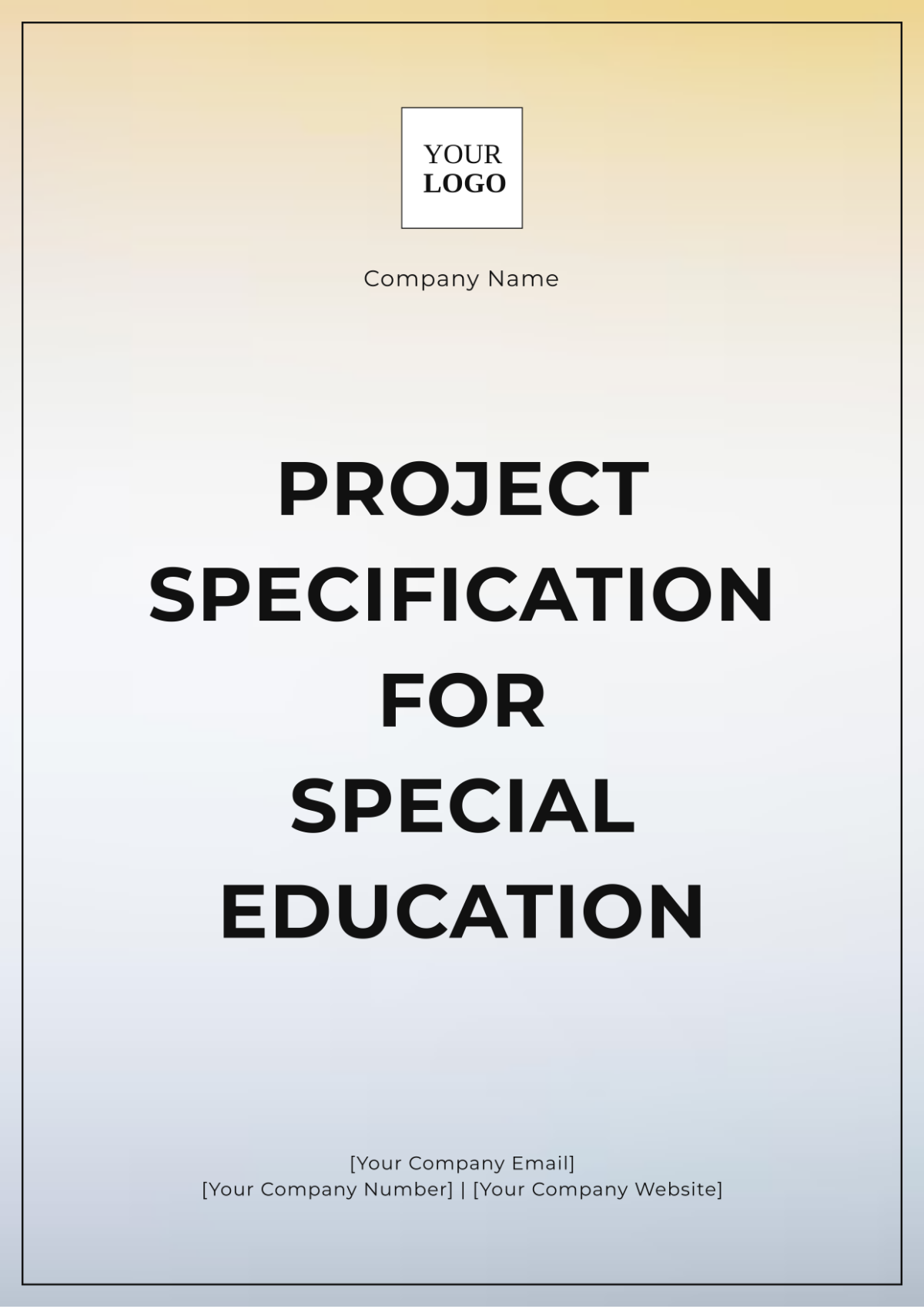Project Specification for Special Education
Prepared By: [Your Name]
I. Introduction
This project specification outlines the development and implementation of an enhanced Special Education program designed to meet the diverse needs of students with disabilities by ensuring equitable access to education, personalized instruction, support services, and technology integration to boost learning outcomes, all in compliance with educational standards and legal requirements while fostering an inclusive and supportive learning environment.
II. Objectives
The primary objectives of the Special Education project are:
To develop individualized education plans (IEPs) tailored to each student's needs.
To offer tailored instruction and resources for students' unique needs.
To comply with special education regulations.
Include students with disabilities in general classrooms when suitable.
To implement assistive technologies that enhance learning and communication.
III. Project Scope
The scope of the project includes the following activities and deliverables:
A. Needs Assessment
A thorough needs assessment will be conducted to identify the specific requirements of students, teachers, and other stakeholders. This will involve:
Reviewing existing IEPs and educational records.
Conducting interviews and surveys with teachers, parents, and students.
Observing classroom activities and interactions.
B. Curriculum Development
A specialized curriculum will be developed, which includes:
Customized lesson plans and teaching materials.
Incorporation of multi-sensory instructional strategies.
Integration of social-emotional learning components.
C. Professional Development
Professional development programs will be designed for educators, focusing on:
Effective instructional strategies for special education.
Use of assistive technologies.
Behavior management techniques.
D. Assistive Technology Implementation
The project will identify and deploy suitable assistive technologies to support various needs, including:
Communication devices.
Adaptive learning software.
Classroom accessibility tools.
IV. Project Timeline
The project timeline includes key milestones and deliverables as shown in the following table:
Phase | Activities | Timeline |
|---|---|---|
Phase 1 | Needs Assessment | Month 1 - 2 |
Phase 2 | Curriculum Development | Month 3 - 5 |
Phase 3 | Professional Development | Month 6 - 7 |
Phase 4 | Assistive Technology Implementation | Month 8 - 9 |
Phase 5 | Monitoring and Evaluation | Ongoing |
V. Budget
A detailed budget will be allocated for this project, covering various cost categories as outlined below:
Cost Category | Amount (USD) |
|---|---|
Personnel | 200,000 |
Curriculum Development | 50,000 |
Professional Development | 30,000 |
Assistive Technologies | 70,000 |
Miscellaneous | 10,000 |
VI. Stakeholders
The key stakeholders involved in the project include:
Students with disabilities.
Parents and guardians.
Special education teachers and aides.
General education teachers.
School administrators and support staff.
VII. Risk Management
Potential risks and mitigation strategies for the project are identified as follows:
A. Risk Identification
Lack of buy-in from teachers and parents.
Insufficient funding.
Delays in technology procurement and deployment.
Implementation challenges due to varying student needs.
B. Mitigation Strategies
Engaging stakeholders through regular communication and involvement.
Seeking additional funding sources such as grants and donations.
Establishing a robust procurement plan and timeline.
Offering personalized support to address individual student needs effectively.
VIII. Evaluation and Monitoring
The project includes a comprehensive evaluation and monitoring plan with the following components:
A. Formative Evaluation
Ongoing assessment of student progress.
Regular feedback from teachers and parents.
Adjustments made to IEPs based on progress data.
B. Summative Evaluation
Annual review of student outcomes.
Program effectiveness analysis.
Reporting to stakeholders and funders.
